Bridget Agyare, Alumni, UC Berkeley
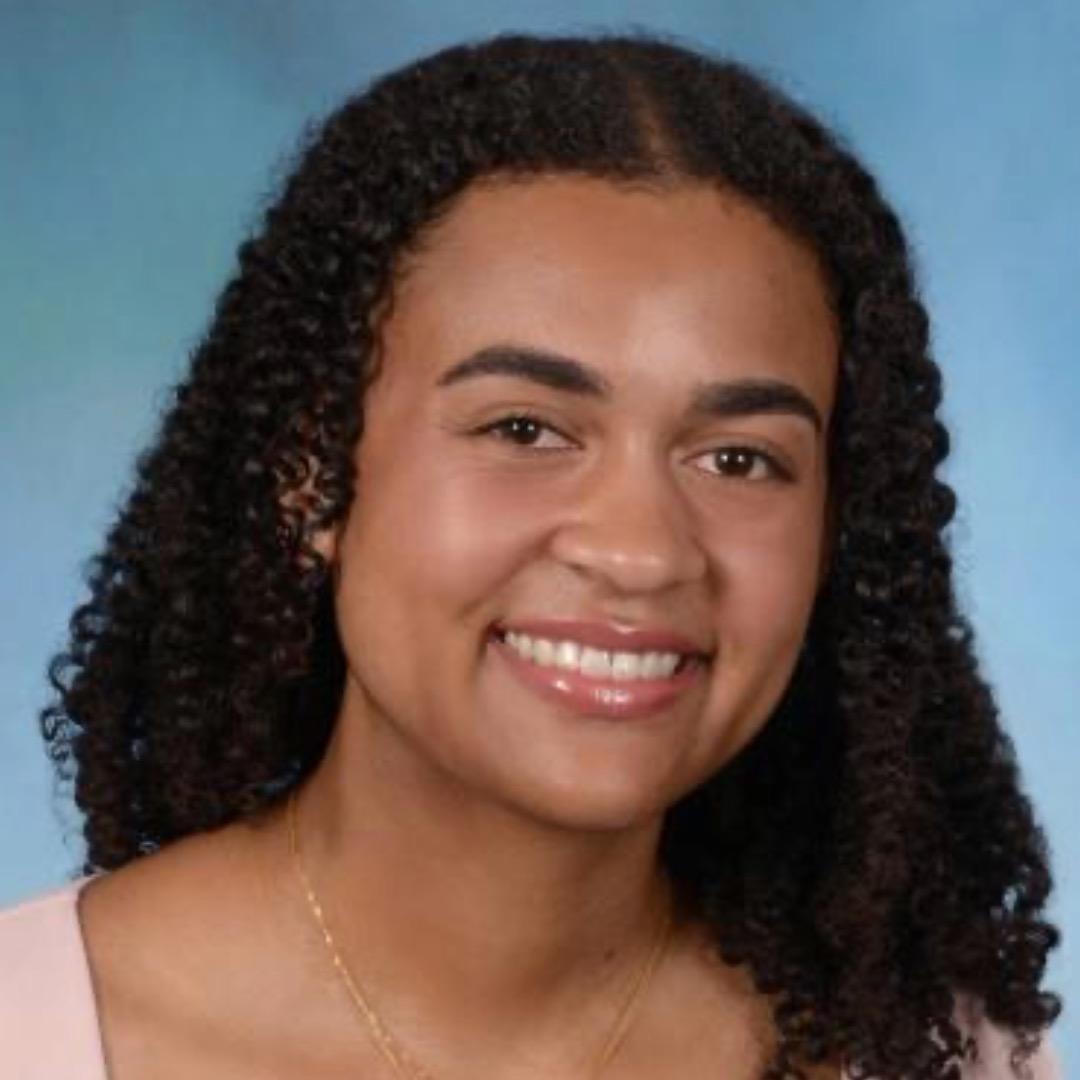
Bridget Agyare is a recent graduate of the University of California, Berkeley, where she earned a B.S. degree in Electrical Engineering and Computer Sciences (EECS). While at UC Berkeley, she served as president of the Black Engineering and Science Student Association and worked as a head teaching assistant for an introductory EECS course for almost two years. This summer, she is interning at IBM Research, where she will be working on developing and training generative AI models. In the fall, she will begin her Ph.D. studies in Computer Science at the University of Illinois at Urbana-Champaign. Her research interests include computer science education, AI for education, and broadening participation in computing.
Liana Bailey-Crimmins, Chief Information Officer and Director of the California Department of Technology
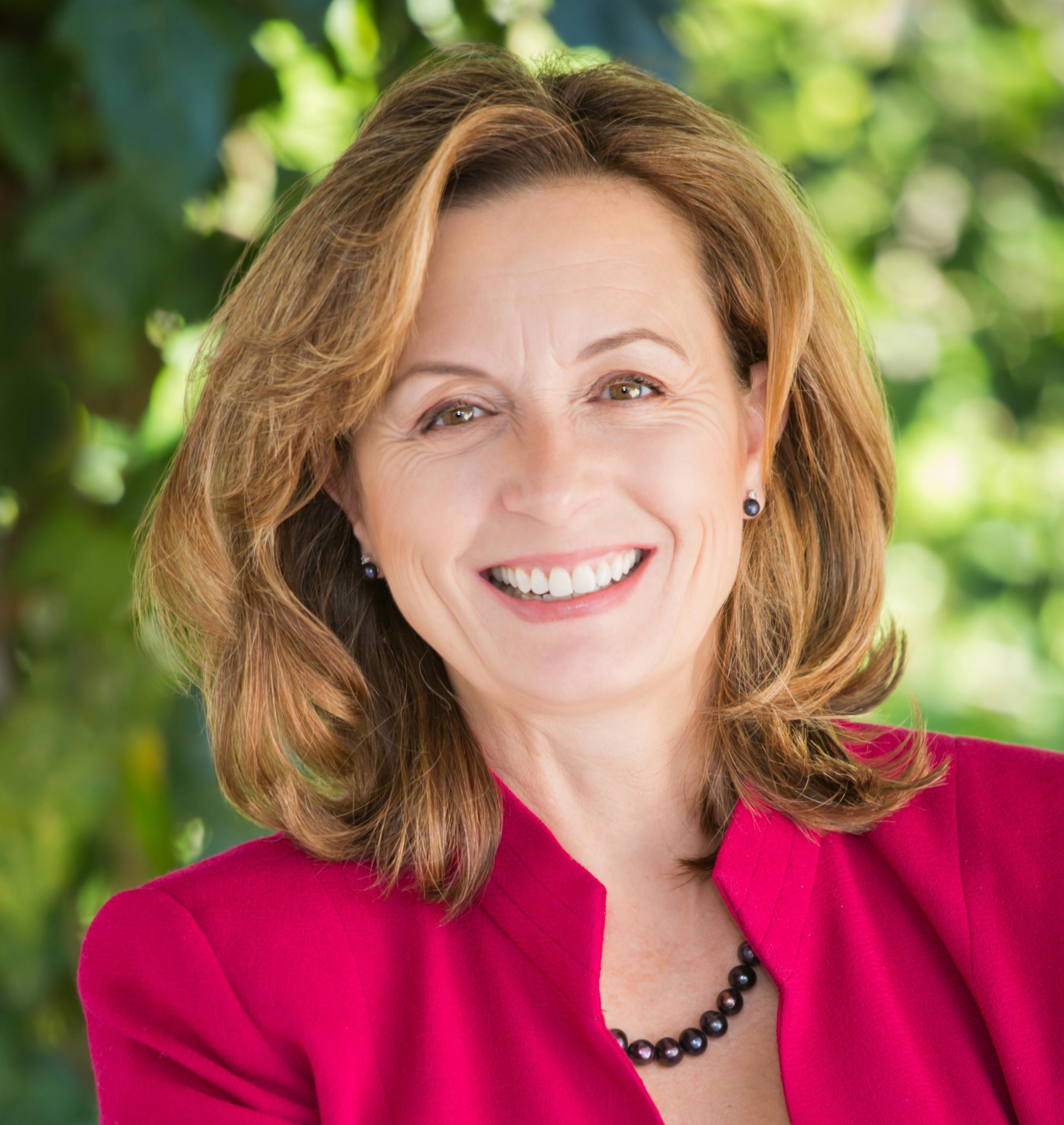
Governor Gavin Newsom appointed Liana Bailey-Crimmins state CIO and director of CDT in June 2022. Director Bailey-Crimmins, who has been serving as state chief technology officer and CDT’s deputy director of the Office of Technology Services since early 2021, has more than 30 years of state government technology experience. In these pivotal roles, she is tasked with improving technology performance as an investment in California’s future and advises the governor on the strategic management of the state’s technology resources.
She provides the administration with best approaches to implement state technology-related strategic plans, policies, standards, and enterprise architecture. She is also working to close the state’s digital divide as chair of the California Broadband Council and Middle-Mile Broadband Advisory Committee. Director Bailey-Crimmins’ public service includes executive positions as chief information security officer at the California Public Employees’ Retirement System, where she led and oversaw the team responsible for protecting the private data of nearly 2 million CalPERS members and a $400 billion investment portfolio. She also served as CalPERS’ chief health director and its chief information officer. Before joining CalPERS, she was the information technology director and CIO of California Correctional Health Care Services and project director of the California Information Technology Infrastructure Project.
Fred Blackwell, CEO, San Francisco Foundation
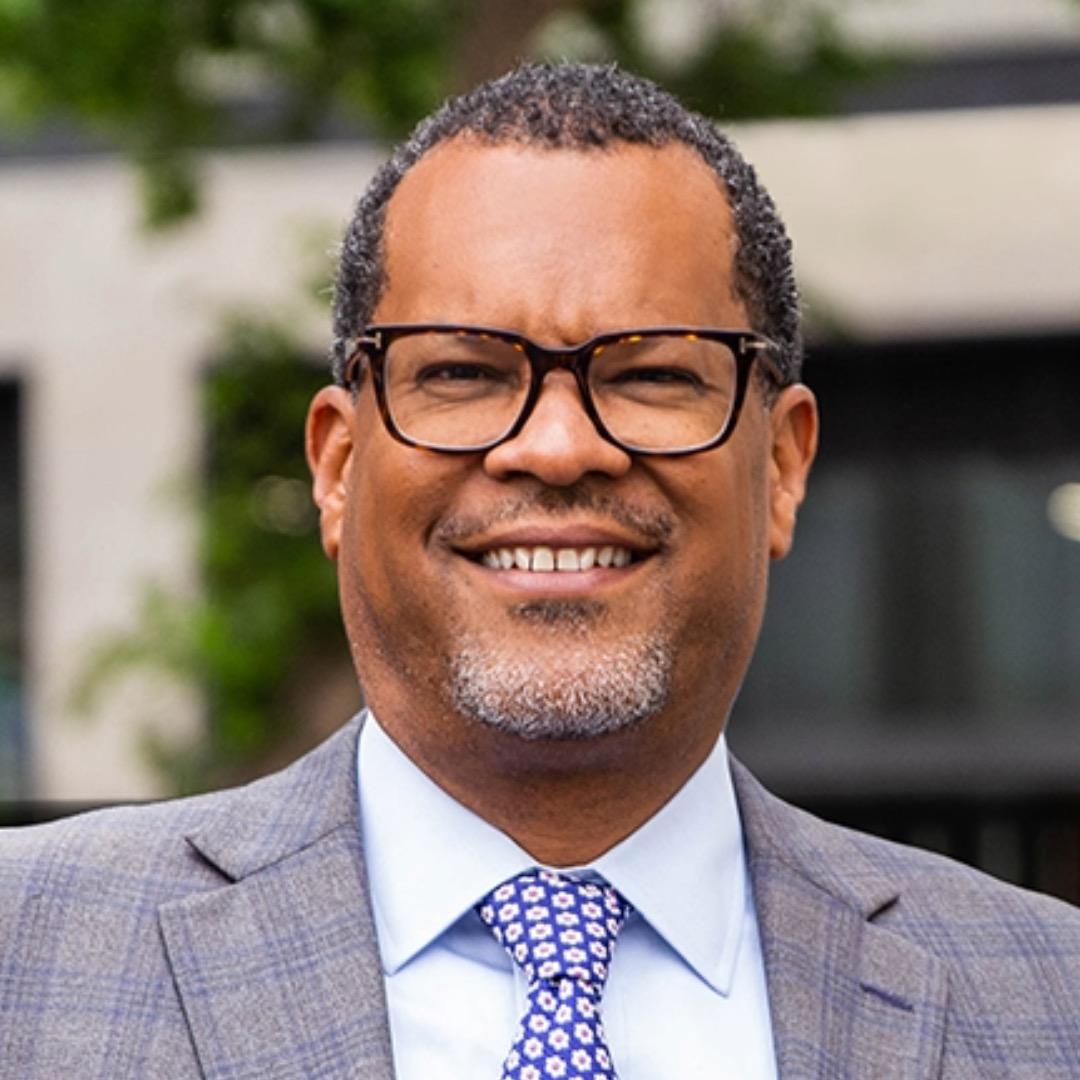
Fred Blackwell is the CEO of the San Francisco Foundation, one of the largest community foundations in the country. The San Francisco Foundation works with donors, community leaders, and both public and private partners to create thriving Bay Area communities. Since joining the foundation in 2014, Blackwell has led it in a renewed commitment to social justice through an equity agenda focused on racial and economic inclusion.
Prior to joining the foundation, he served as interim city administrator for the city of Oakland, where he previously served as the assistant city administrator. He was the executive director of the San Francisco Redevelopment Agency and director of the Mayor’s Office of Community Development in San Francisco; he served as the director of the Making Connections Initiative for the Annie E. Casey Foundation in the Lower San Antonio neighborhood of Oakland; he was a Multicultural Fellow in Neighborhood and Community Development at the San Francisco Foundation; and he subsequently managed a multiyear comprehensive community initiative for the San Francisco Foundation in West Oakland. Blackwell serves on the board of the Independent Sector, the Bridgespan Group, the dean’s advisory council for UC Berkeley’s College of Environmental Design, and the community advisory council of the San Francisco Federal Reserve.
Catherine Bracy, Chief Executive Officer, Tech Equity Collaborative
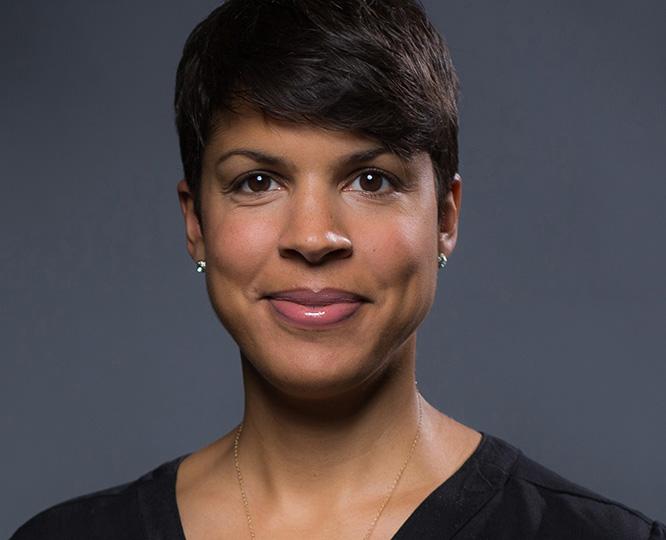
Catherine Bracy is a civic technologist and community organizer working at the intersection of technology and political and economic inequality. She is the Co-founder & CEO of the TechEquity Collaborative, an organization that mobilizes tech workers and companies to advocate for economic equity in our communities. Previously, she served as Code for America’s Senior Director of Partnerships and EcosystemDirector of Community Organizing, where she grew Code for America’s Brigade program into a network of over 50,000 civic tech volunteers in 80+ cities across the US. Before that, she was Director of the Obama campaign’s technology field office in San Francisco, the first-of-its-kind in American political history. There, she organized technologists to volunteer their skills to the campaign’s tech and digital efforts.
Prior to joining the campaign, she was the administrative director at Harvard’s Berkman Center for Internet & Society, ran the Knight Foundation’s News Challenge, and now serves on the board of directors of the Data & Society Research Institute and the Terner Housing Lab.
Robin Carnahan, Administrator, U.S. General Services Administration
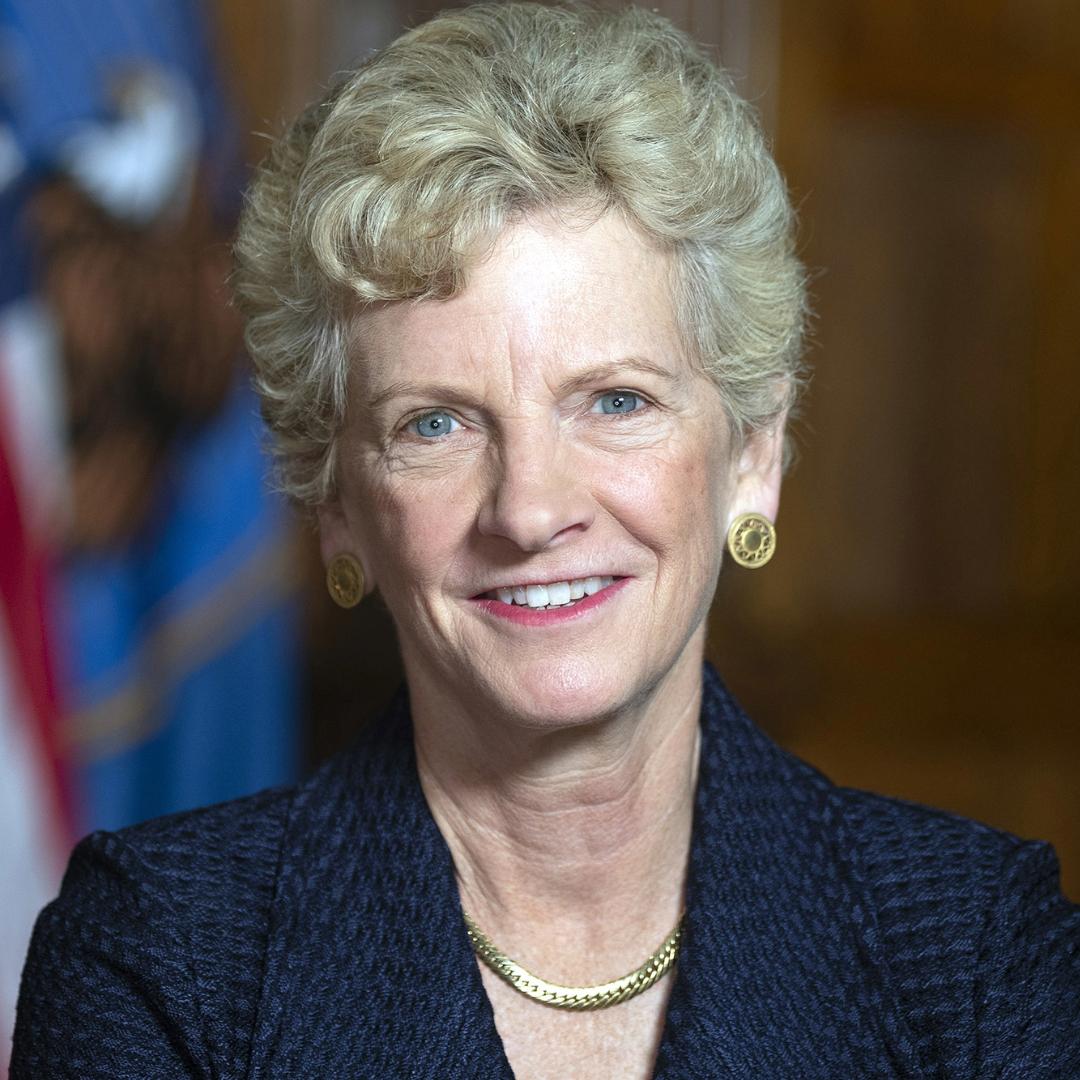
Robin Carnahan currently serves as the Administrator of the U.S. General Services Administration (GSA). As Administrator, she is working to empower GSA career professionals and build on the agency’s efforts to deliver the best value in real estate, acquisition, and technology services to the government and American people. In a previous role at GSA, Carnahan helped federal, state and local government agencies improve customer facing digital services and cut costs. She focused on training and empowering non-technical executives on ways to reduce risk and deliver better results for the public by more effectively budgeting, procuring, implementing, and overseeing digital modernization projects.
Prior to joining GSA, Carnahan served in executive and leadership roles in business, academia and government, including as the Secretary of State of Missouri (2005-2013), and founded and led the State and Local Government Practice at 18F, a tech consultancy, inside GSA (2016–2020). She’s a nationally recognized government technology leader and in 2017 was named one of the federal government’s “Top Women in Tech.” Most recently, Carnahan was a Fellow at Georgetown University’s Beeck Center where she co-founded the State Software Collaborative. As Secretary of State, she also served as the state’s Chief Election Official and State Securities Regulator, and was responsible for providing in-person and online services to hundreds of thousands of customers. An essential part of her job was leading the office’s technology modernization efforts across 7 operating divisions. She frequently speaks, writes and testifies about government innovation through smarter use of technology.
Jennifer Chayes, Dean, UC Berkeley College of Computing, Data Science, and Society
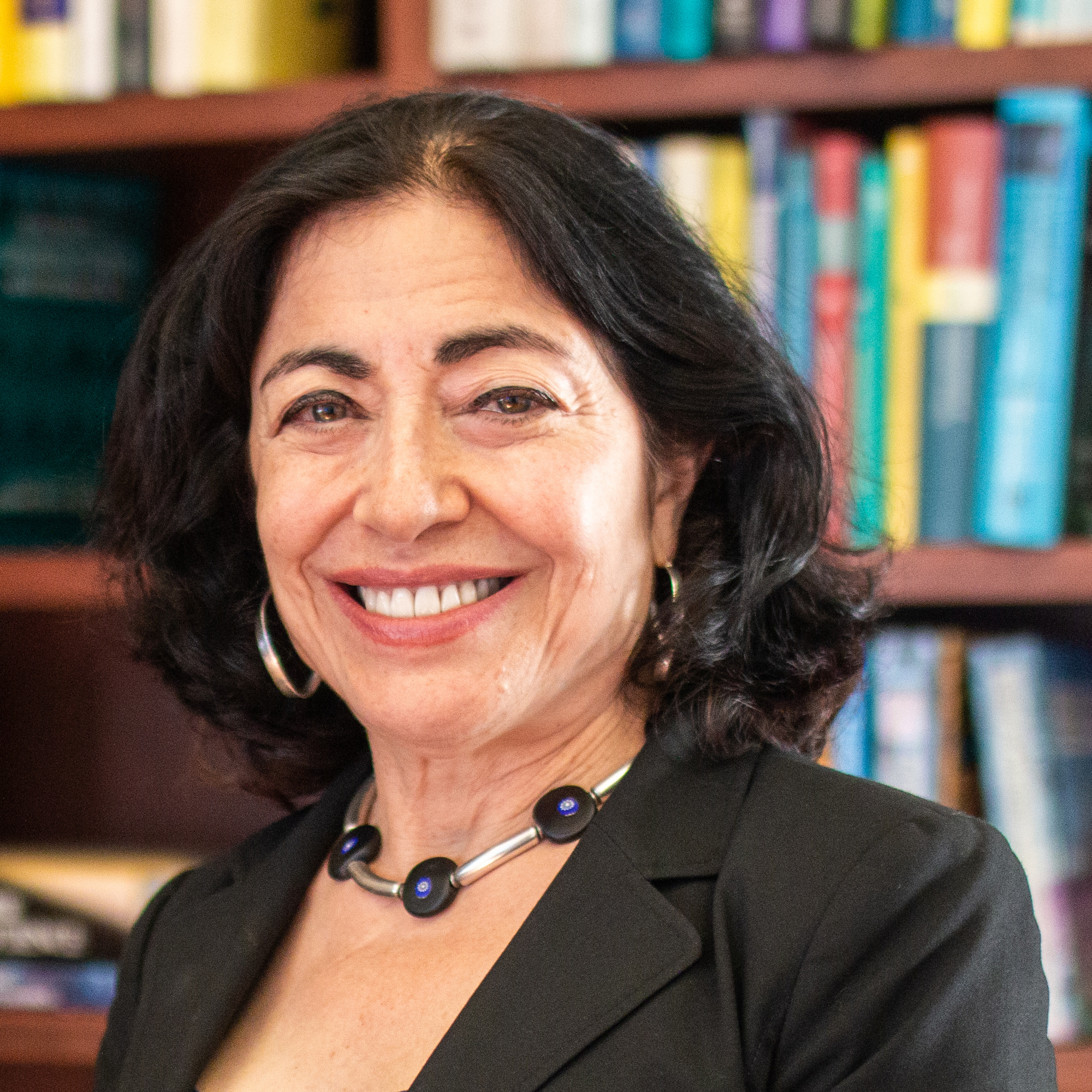
Jennifer Tour Chayes is Dean of the College of Computing, Data Science, and Society at UC Berkeley. Jennifer led the establishment of this college – the first new college at Berkeley in more than 50 years. She is also Professor of Electrical Engineering and Computer Sciences, Information, Mathematics, and Statistics. Before joining Berkeley in 2020, Jennifer was Technical Fellow at Microsoft, where she led research programs for more than 20 years and was founder and managing director of three interdisciplinary labs: Microsoft Research New England, New York City, and Montreal. These labs were focused on core computing and AI and the interface of computing with many other fields, including mathematics, physics, biomedicine, economics, and social sciences. Before joining Microsoft, she was Professor of Mathematics at UCLA.
Jennifer’s research areas include phase transitions in computer science and structural and dynamical properties of networks, including modeling and graph algorithms. She is one of the inventors of the field of graphons, which are widely used for machine learning of large-scale networks. Her recent work focuses on machine learning, including both theory and applications in cancer immunotherapy, ethical decision-making, and climate change. Most recently, she has been focusing on the use of generative AI in the creation of materials for carbon capture.
Ben Chida, Chief Deputy Cabinet Secretary, Office of Governor Gavin Newsom
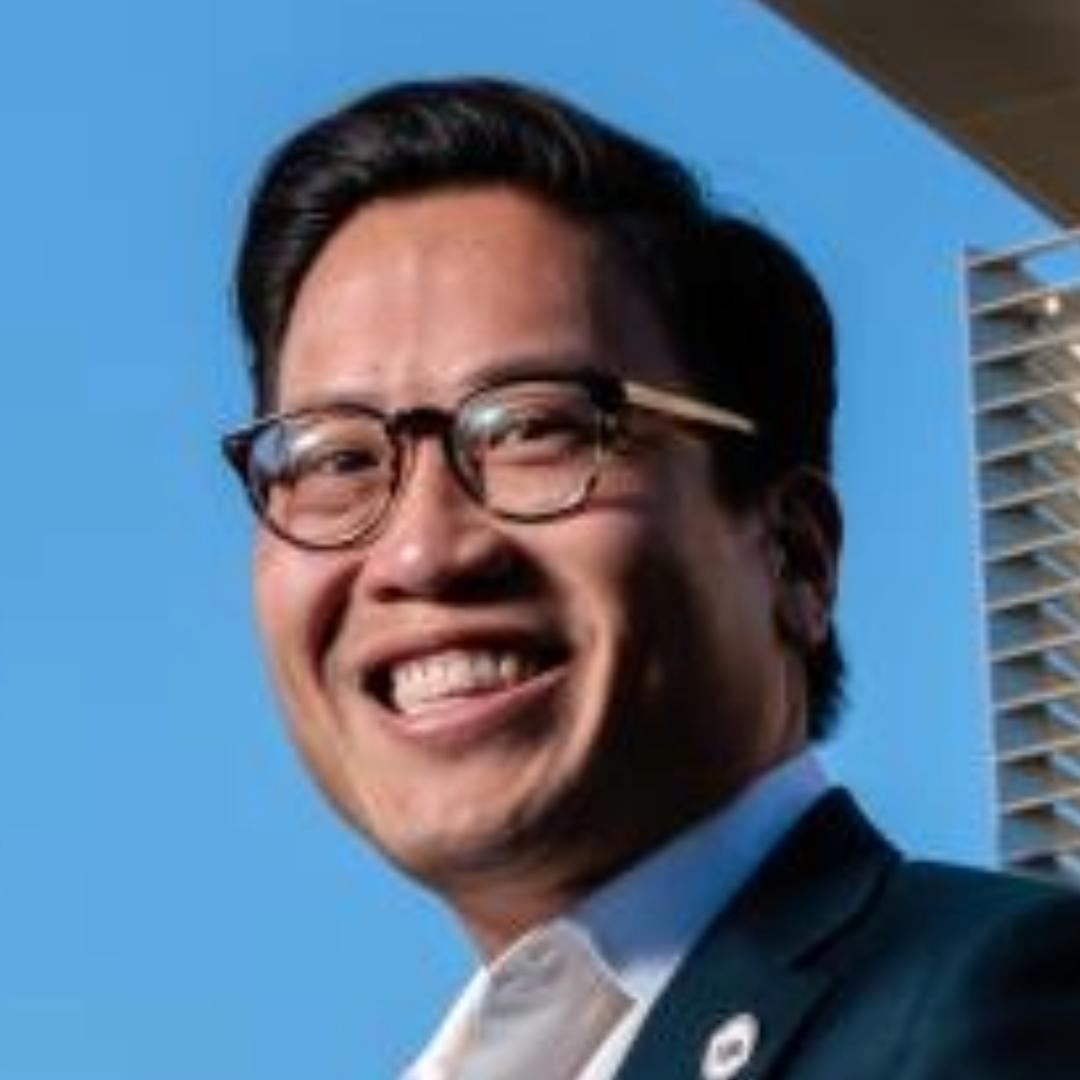
Ben Chida is Chief Deputy Cabinet Secretary and Senior Advisor for Cradle to Career in the Office of Governor Gavin Newsom, which he joined after serving on the Governor’s transition in 2018. Prior to joining the Governor’s Office, Ben served as Attorney-Advisor in the executive office of then-Attorney General Kamala D. Harris, as a judicial law clerk to federal judges in California and on the D.C. Circuit, and as a third-grade teacher in New York City.
Ben’s educational journey includes dropping out of high school, attending Orange Coast College, and receiving a B.A. from UC Berkeley, a teaching certificate in childhood education from Pace University, and a J.D. from Harvard Law School.
Sonya Christian, Chancellor, California Community Colleges
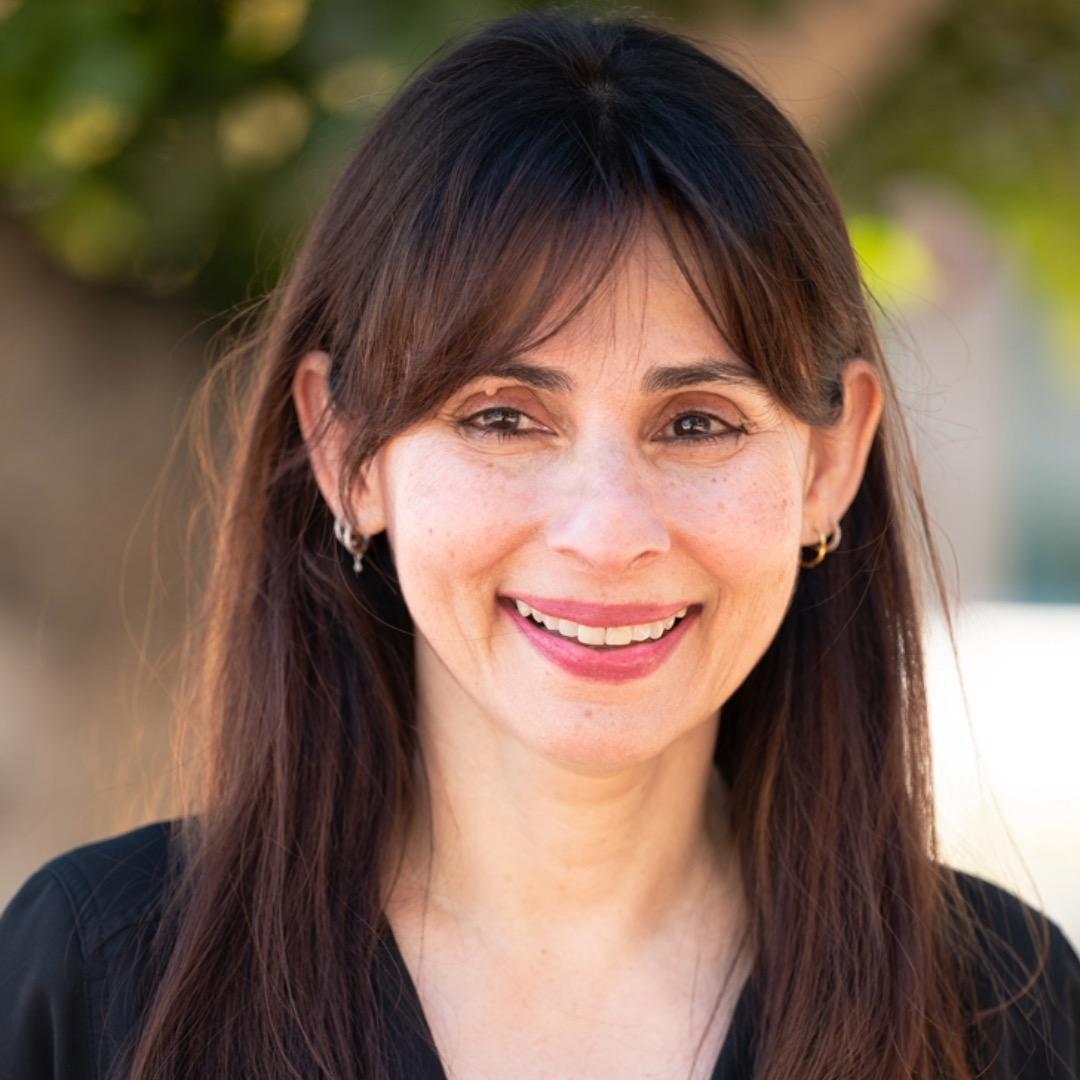
Dr. Sonya Christian serves as the 11th Chancellor for the California Community Colleges and previously served as the sixth Chancellor of the Kern Community College District. Christian began her three-decade career locally within Kern district as a mathematics faculty, a Division Chair, and Dean of Science, Engineering, Allied Health and Math at Bakersfield College.
From 2013 to 2021 she served as the 10th President of Bakersfield College. Throughout her career Dr. Christian has been committed to advancing work through distributed leadership and collaborative communities of learning, and to promoting the value of equity in student learning, access, success, and economic mobility. Her dedication to student success with equity led her to statewide and national leadership roles. Under her leadership, Bakersfield College became one of the first community colleges in California to offer a baccalaureate degree as part of a pilot program announced in 2015. She believes that the community college baccalaureate degree program is a vital tool for growing economic and social mobility of disinvested communities and continues to fiercely advocate for ways to create more 4-Year Community College degrees in California and across the nation. She is a fierce advocate for the life-changing ability of community colleges to reach underserved populations and educate the future workforce.
Anamitra Deb, Managing Director of Responsible Tech at Omidyar Network

Anamitra Deb currently serves as Managing Director of Responsible Tech at Omidyar Network, a social change venture that reimagines critical systems to build a more inclusive and equitable society. He oversees teams working on tech platform accountability and regulation; privacy, data governance and online trust and safety; better tech cultures and products; responsible and open source tech; and guardrails for emergent tech such as generative AI. He has authored several reports in responsible tech, market-based solutions, impact investing and strategic philanthropy, and lectured on these topics at the UC Berkeley and Georgetown University, among others. His writings and perspectives have been featured in major publications, including The Economist, The Washington Post, Wired, Barron’s, Bloomberg, The Wall Street Journal, Financial Times and The Times of India.
Anamitra is a Senior Fellow at the Munk School of Global Affairs and Public Policy at the University of Toronto. He sits on several advisory boards including Consumer Reports’ Innovation Council and the Center for Media Engagement at the University of Texas. As a Rhodes Scholar, Anamitra received two master’s degrees from the University of Oxford, and is a proud graduate of Mount Allison University and the Lester B Pearson UWC in Canada. Originally from India, he lives in California with his wife and two energetic sons.
Jason Elliott, Deputy Chief of Staff, Office of Governor Gavin Newsom
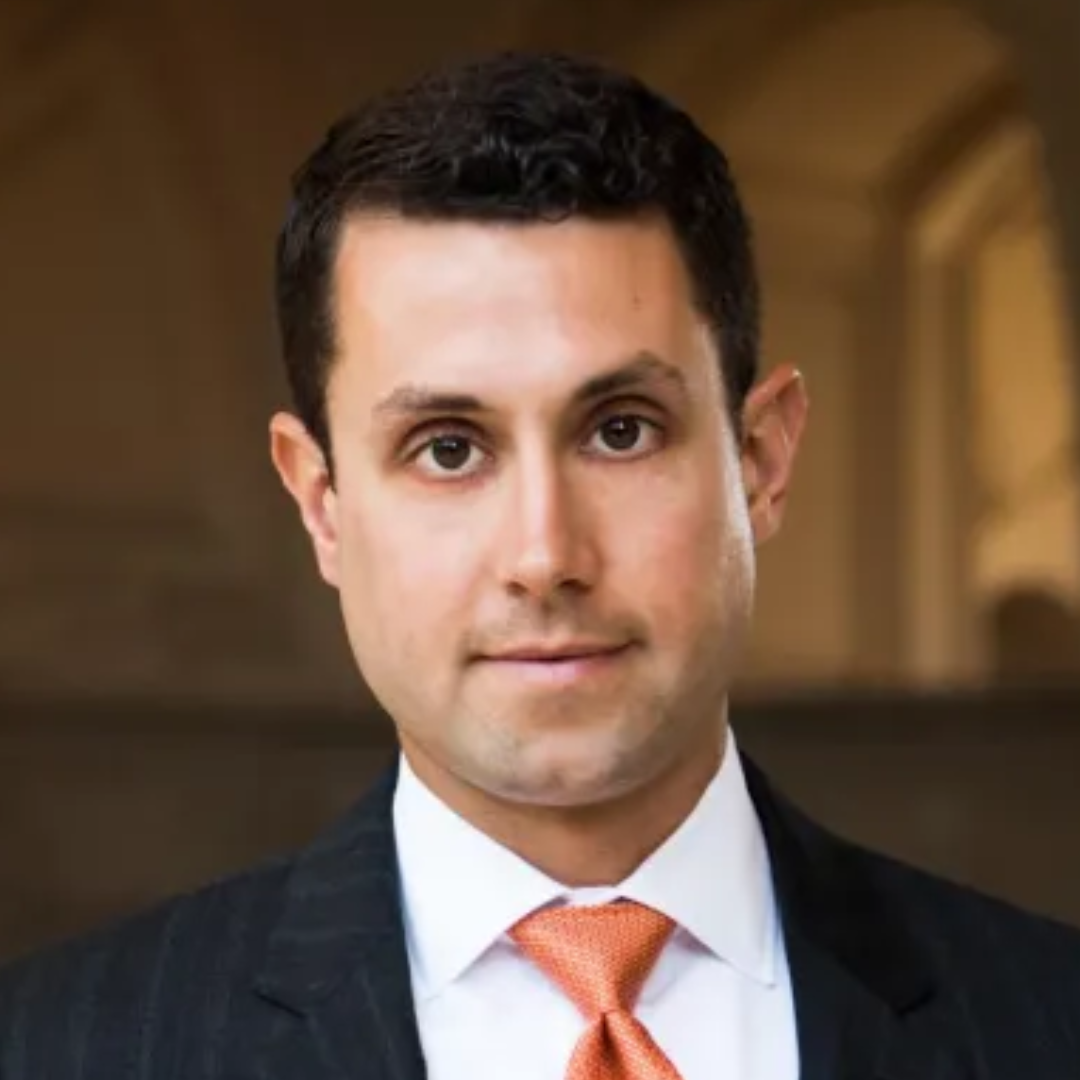
Jason Elliott is the Deputy Chief of Staff to Governor Gavin Newsom, where he advises the Governor on a number of policy issues and matters of State operations. During the COVID pandemic, he was responsible for the Administration’s legislative and policy approach to the issues of housing & homelessness, including working closely with local governments to implement the Governor’s agenda.
Previously, he served as Chief of Staff for San Francisco Mayor Edwin M. Lee, then, upon Mayor Lee’s passing, for three subsequent Mayors, including current Mayor London N. Breed. Previously, Elliott in a variety of positions in San Francisco City Hall, including as then-Mayor Gavin Newsom’s policy director. Jason earned a Masters in Public Policy from the Harvard Kennedy School of Government and currently lives in Sacramento.
Isabelle Hau, Executive Director, Stanford Accelerator for Learning
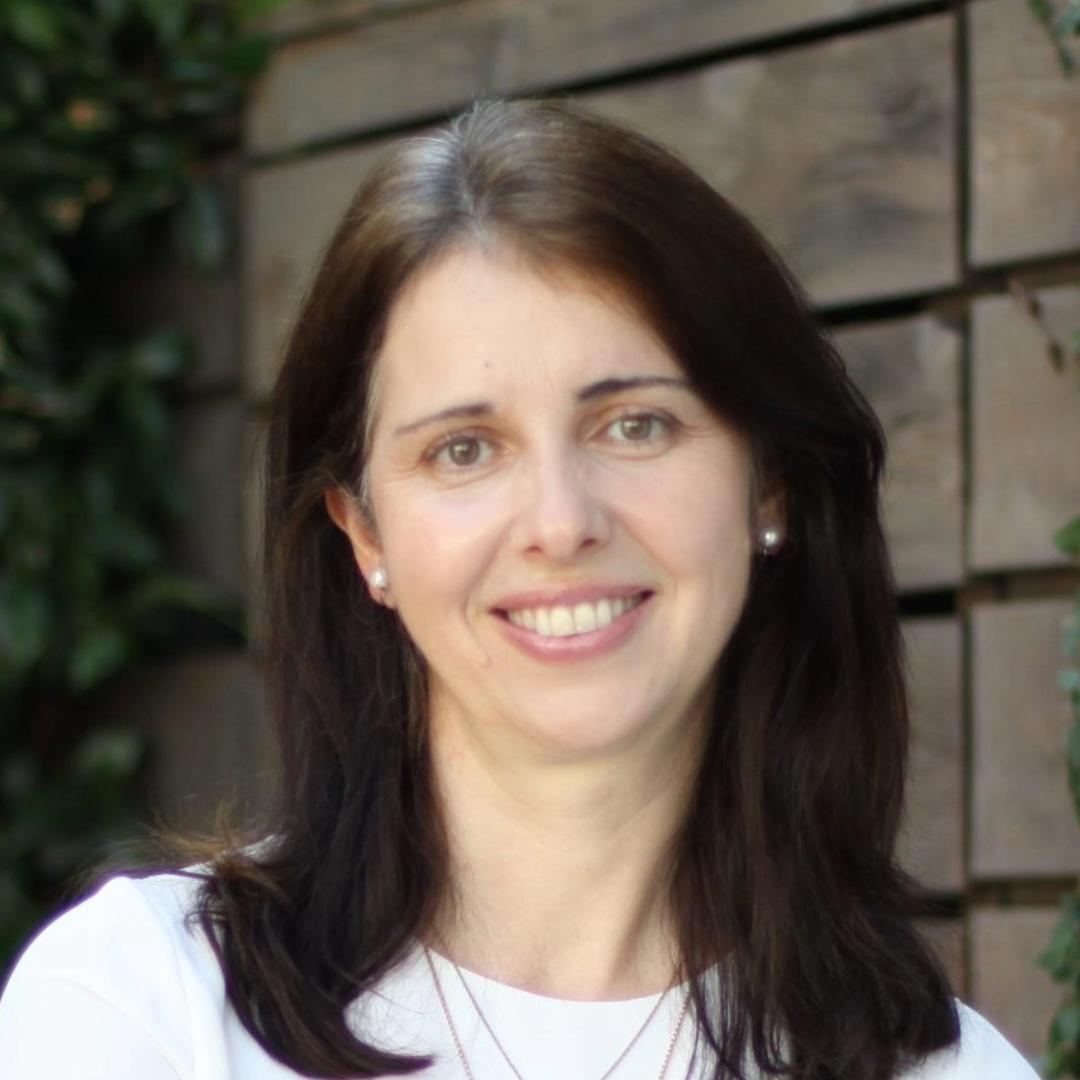
Isabelle Hau is the executive director of the Stanford Accelerator for Learning, a Stanford-wide initiative to connect researchers across disciplines, and bridge research, practice, and policy, to bring quality, scalable and equitable learning experiences for all learners and throughout the lifespan. Prior, she was a founding partner at Imaginable Futures, a venture of the Omidyar Group, the philanthropic investment firm of eBay founder Pierre Omidyar and his wife Pam. She led the U.S. education initiative, portfolio and team. Her work has directly impacted millions of learners and families.
Isabelle was awarded the 2021 Global MindED Inclusive Leader Award in Early Childhood Education, and was featured with Grover of Sesame Street on early childhood innovation. She was honored as 100 Inspiring Women at Harvard Business School. Isabelle is a contributor to Forbes and EdSurge publications. She also writes a popular weekly newsletter Small Talks. Isabelle earned an MBA from Harvard Business School and graduated from ESSEC and Sciences Po Paris.
Daniel Ho, Faculty at Stanford Law School and Senior Fellow at the Stanford Institute for Human-Centered AI
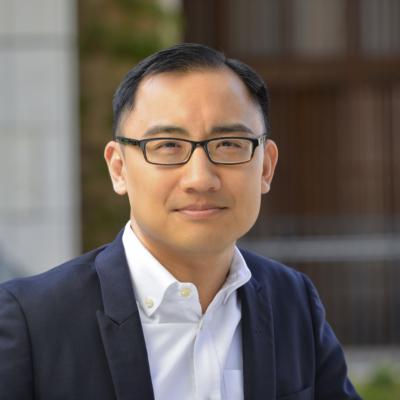
Daniel E. Ho is the William Benjamin Scott and Luna M. Scott Professor of Law, Professor of Political Science, Professor of Computer Science (by courtesy), Senior Fellow at Stanford's Institute for Human-Centered Artificial Intelligence, and Senior Fellow at the Stanford Institute for Economic Policy Research at Stanford University. He is a Faculty Fellow at the Center for Advanced Study in the Behavioral Sciences and is Director of the Regulation, Evaluation, and Governance Lab (RegLab). Ho serves on the National Artificial Intelligence Advisory Commission (NAIAC), advising the White House on artificial intelligence, as Senior Advisor on Responsible AI at the U.S. Department of Labor, and as a Public Member of the Administrative Conference of the United States (ACUS). He received his J.D. from Yale Law School and Ph.D. from Harvard University and clerked for Judge Stephen F. Williams on the U.S. Court of Appeals, District of Columbia Circuit.
His scholarship focuses on administrative law, regulatory policy, and antidiscrimination law. With the RegLab, his work has developed high-impact demonstration projects of data science and machine learning in public policy, through partnerships with a range of government agencies, including the Internal Revenue Service, the Environmental Protection Agency, and the Santa Clara County Public Health Department, to name a few. The collaboration with Santa Clara County was awarded the Innovative Practice Gold Award for “the highest level of program innovation” to serve “community during the COVID-19 pandemic” by the National Association of County and City Health Officials.
Maryana Iskander, Chief Executive Officer, Wikimedia
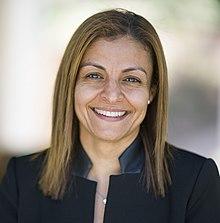
Maryana Iskander is the Chief Executive Officer of the Wikimedia Foundation, the global nonprofit that supports Wikipedia and its sister free knowledge projects. Prior to Wikimedia, she spent ten years as the CEO of Harambee Youth Employment Accelerator, a non-profit social enterprise focused on building African solutions to tackle the global crisis of youth unemployment. Under her leadership, Harambee received the prestigious Skoll Award for Social Entrepreneurship in 2019 for its model to support millions of South African youth with access to learning and earning opportunities. Maryana spent more than half a decade as the Chief Operating Officer of Planned Parenthood Federation of America. She was also the Advisor to the President of Rice University, an associate at global consulting firm McKinsey & Company, and a law clerk on the United States Court of Appeals for the Seventh Circuit.
Iskander’s service to Yale includes membership on the President’s Council on International Activities, where she worked to expand access to a Yale education for students across the African continent. In 2018, she was awarded the Yale Law Women Alumni Achievement Award. She has also served on several non-profit boards, including Co-Impact, World Education Services, and The Nelson Mandela Children’s Hospital. She is also a member of the Aspen Global Leadership Network. Ms. Iskander earned a B.A. from Rice University, an M.Sc. from Trinity College, Oxford University, where she was a Rhodes Scholar, and a J.D. from Yale Law School. Ms. Iskander was elected an alumni fellow in 2023.
Allison Jia, Master’s Student, Stanford University
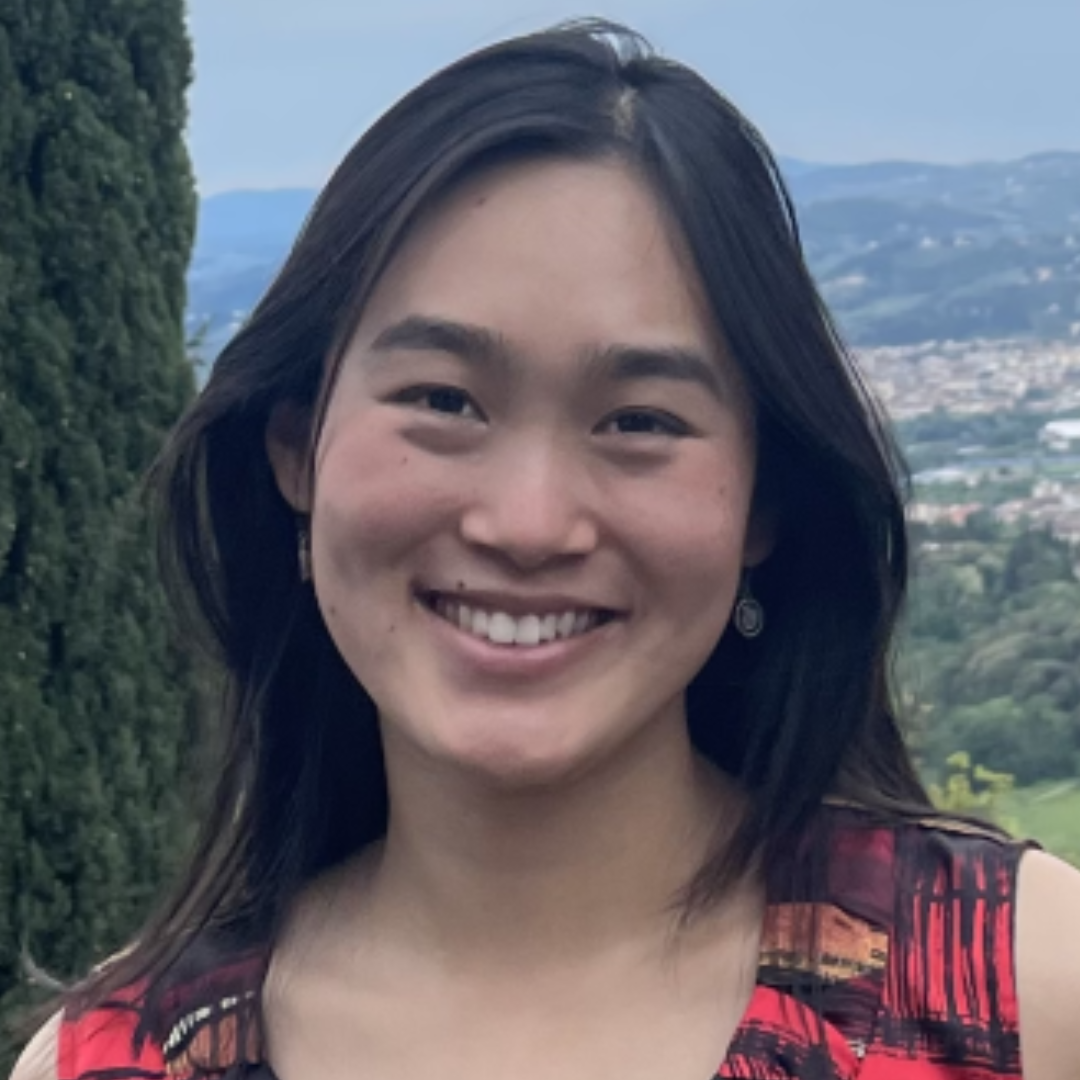
Allison Jia is a Master student in Computer Science at Stanford University and a teaching assistant for Stanford's Biosecurity and Pandemic Resilience course (BPR), investigating the most pressing biosecurity issues facing the world today. She examines how the US and other countries are able to withstand a pandemic or a bioterrorism attack; how the medical/healthcare field, government, and technology sectors are involved in biosecurity; and pandemic or bioterrorism preparedness and response and how they interface; global bio-surveillance; and promising technologies for pandemic response and resilience.
As an undergraduate, she was the Summer Undergraduate Research Internship intern in the Stanford Mechanical Engineering's Biomedical and Dextrous Lab (BDML) and then afterwards as a student researcher. At BDML, she worked on a cross-lab collaboration project with the Skylar Scott lab on 3D bioprinting functional cardiac tissue. In 2019, Jia was one of two Intel Foundation Young Scientist Award winners, she developed a new way to make tau proteins, biological components associated with neurodegenerative diseases such as Alzheimer’s, more easily visible.
Stewart Knox, Secretary, California Labor & Workforce Development Agency

Stewart Knox was appointed Secretary of the California Labor & Workforce Development Agency in 2022. He brings 28 years of statewide experience in workforce and economic development. Before his appointment, Knox was Undersecretary of the Labor & Workforce Development Agency in 2021 and previously served in this role from 2019-2020. Secretary Knox has been instrumental in transitioning several workforce development entities into productive, performance-based, and accountable organizations. With his broad multi-functional experience base in a large matrix of managed organizations, Secretary Knox has extensive knowledge of the complex interactions between workforce and economic development. His extensive leadership experience and knowledge of organization development concepts and theories provide him a solid foundation to assess and manage complex organizational issues such as strategic planning, team dynamics, and conflict management.
He has served as Senior Vice President of Calbright Community College from 2020-2021, Executive Director of the California Employment Training Panel from 2014 to 2019, Director of Health and Human Services for Nevada County in 2014 and Director of Economic and Workforce Development for San Mateo County from 2013 to 2014. Secretary Knox was Director of the Northern Rural Training and Employment Consortium from 2009 to 2013 and Executive Director of the North Central Counties Consortium from 2006 to 2008. He was Director of Workforce for the City of Glendale from 2004 to 2006 and for Yuba Community College from 1997 to 2004.
Jonathan Levin, Incoming President, Stanford University
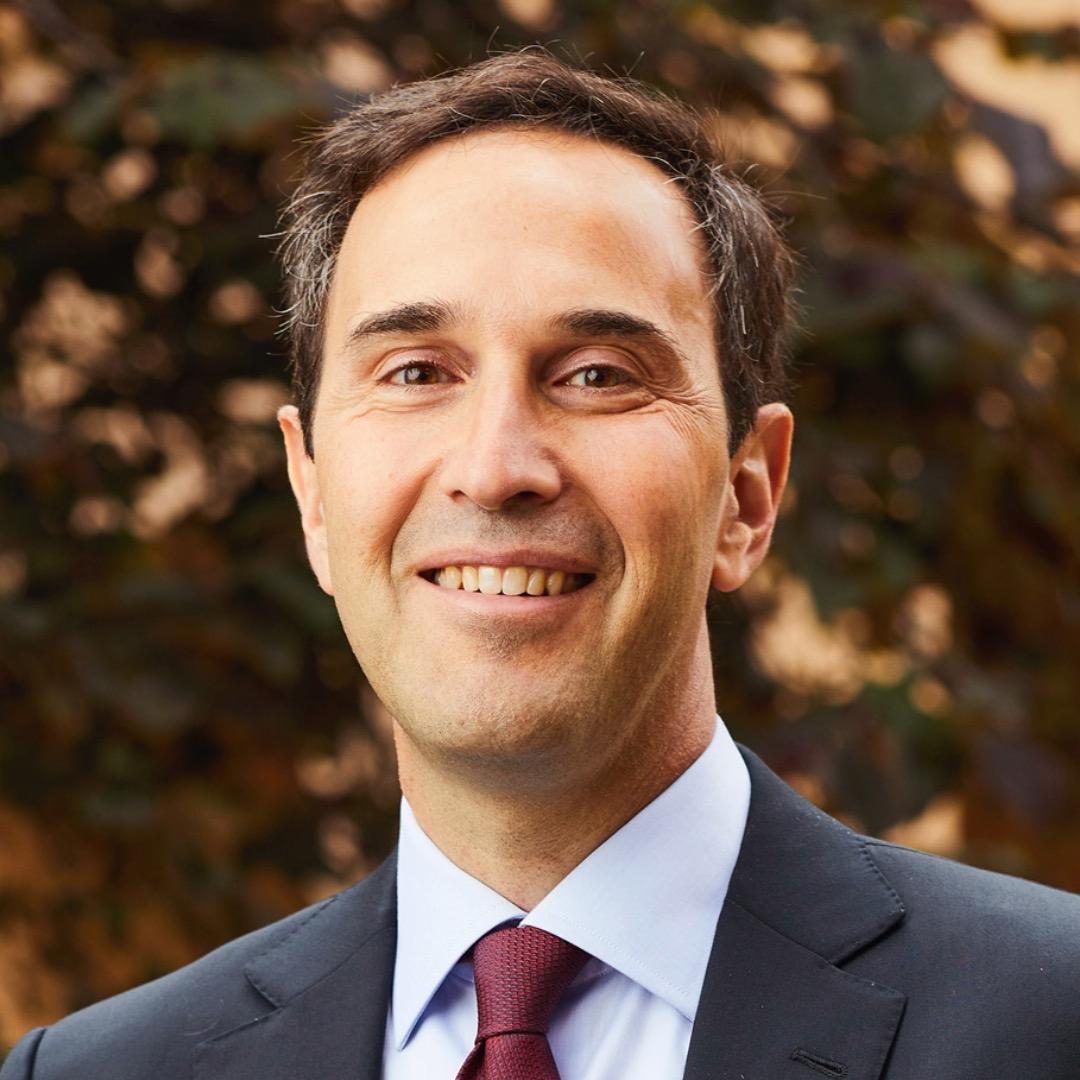
Jonathan Levin is the incoming 2024 Stanford University President. He is a distinguished economist and academic leader as the Philip H. Knight Professor and Dean of Stanford Graduate School of Business (GSB). During his tenure as dean, Stanford GSB’s faculty and educational programs have prospered, and the school has expanded its efforts in key areas, including technology and sustainability.
Levin is widely recognized for his scholarship in microeconomics and industrial organization. He is a fellow of the American Academy of Arts and Sciences, and has won both department and school-wide awards for distinguished teaching. He received the John Bates Clark Medal as the outstanding American economist under the age of 40. Levin currently serves as a member of President Biden’s Council of Advisors on Science and Technology. He is a Trustee of the Gordon and Betty Moore Foundation. Over the course of his career, he has consulted widely in industry and government.
Fei-Fei Li, Denning Co-Director, Stanford Institute for Human-Centered AI
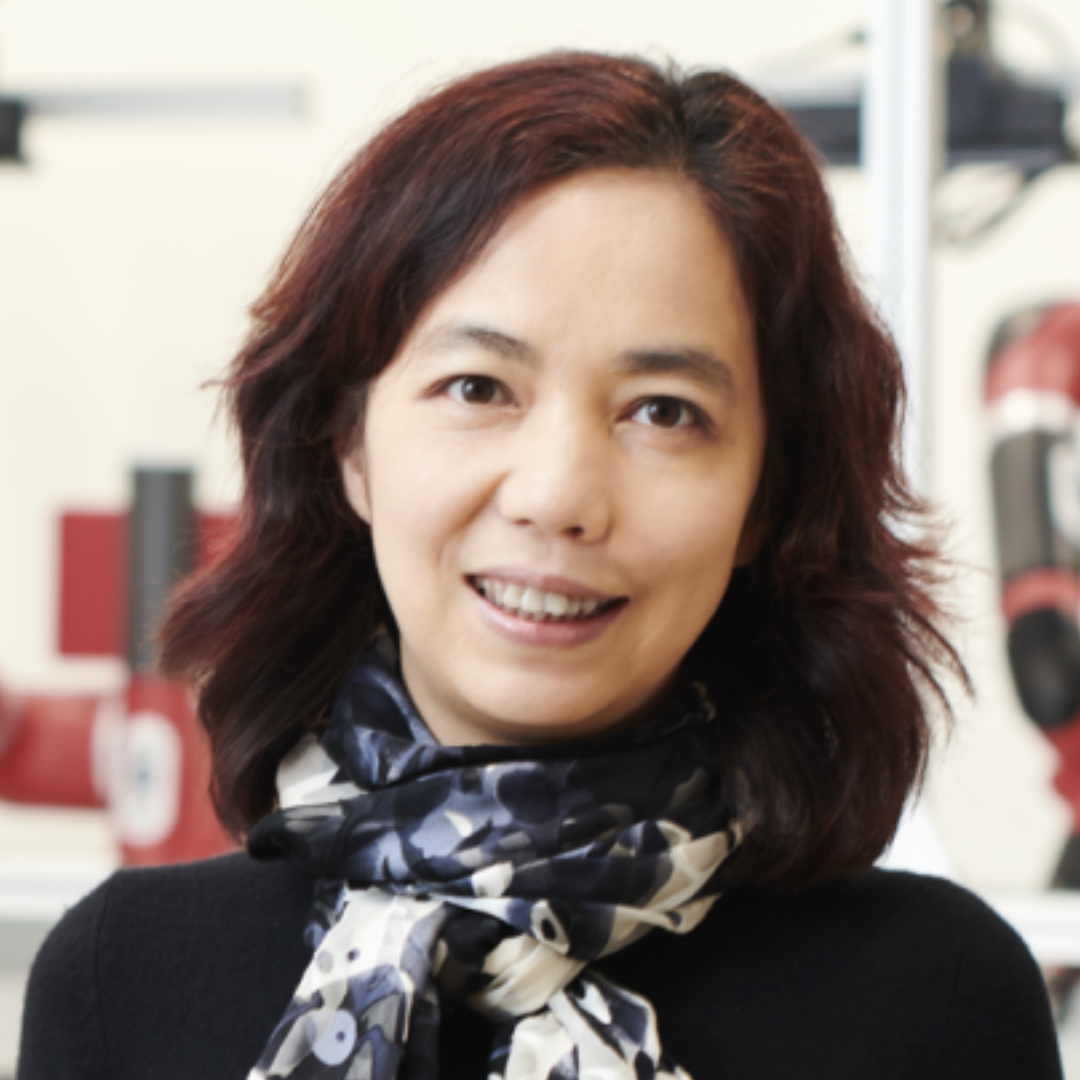
Dr. Fei-Fei Li is the inaugural Sequoia Professor in the Computer Science Department at Stanford University, and Co-Director of Stanford’s Human-Centered AI Institute. She served as the Director of Stanford’s AI Lab from 2013 to 2018. During her sabbatical from Stanford from January 2017 to September 2018, Dr. Li was Vice President at Google and served as Chief Scientist of AI/ML at Google Cloud. Since then she has served as a Board member or advisor in various public or private companies. Dr. Li has been working with policymakers nationally and locally to ensure the responsible use of technologies, including a number of U.S. Senate and Congressional testimonies, as special advisor to the Secretary General of the United Nations, as a member of the California Future of Work Commission for the Governor of California in 2019 - 2020, and as a member of the National Artificial Intelligence Research Resource Task Force (NAIRR) for the White House Office of Science and Technology Policy (OSTP) and the National Science Foundation (NSF) in 2021-2022.
Dr. Fei-Fei Li’s current research interests include cognitively inspired AI, machine learning, deep learning, computer vision, robotic learning, and AI+healthcare, especially ambient intelligent systems for healthcare delivery. In the past she has also worked on cognitive and computational neuroscience. Dr. Li is the inventor of ImageNet and the ImageNet Challenge, a critical large-scale dataset and benchmarking effort that has contributed to the latest developments in deep learning and AI. In addition to her technical contributions, she is a national leading voice for advocating diversity in STEM and AI. She is co-founder and chairperson of the national non-profit AI4ALL aimed at increasing inclusion and diversity in AI education.
Rich Lyons, Incoming Chancellor, UC Berkeley
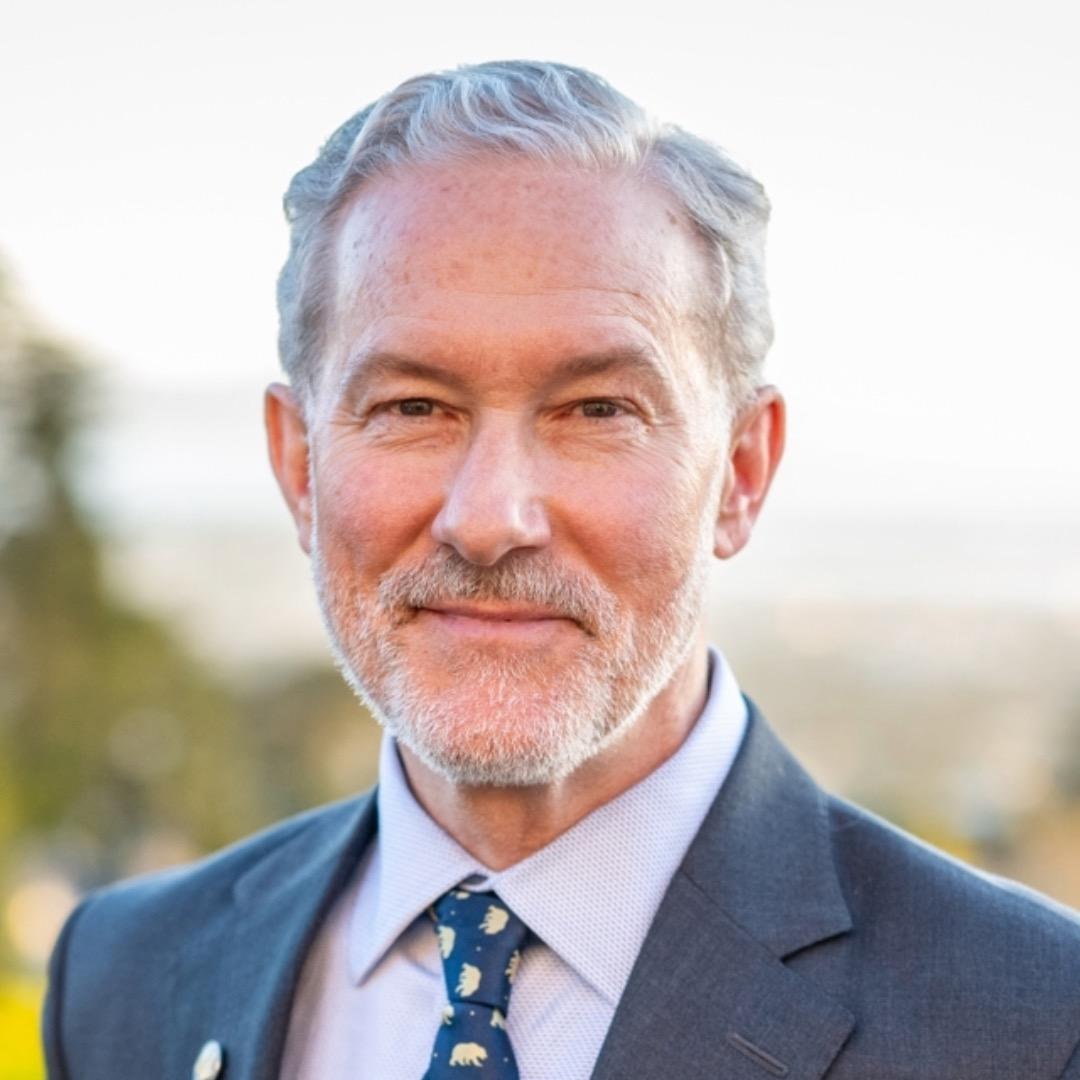
Rich Lyons was appointed Chief Innovation & Entrepreneurship Officer for the Berkeley campus. In 2018 he concluded eleven years as Dean of Berkeley's Hass School. His early research was in inernational finance: recent work explores how leaders drive innovation and set culture. From 2006-08 he was Goldman Sachs' Chief Learning Officer. Changes at Hass under his deaship drove a set of Defining Principles -- Question the Status Quo, Confidence Without Attitude, Students Always, Beyond Yourself -- deeply into admissions and other processes.
In his VCRO role, Lyons oversees development of the campus-wide ecosystem for innovation and entrepreneurship, including patenting and technology licensing. In 2023 he was appointed by the President of the 10-campus University of California system to chair the new President’s Council for Entrepreneurship, which will focus on the biggest opportunities for ecosystem development system-wide.
Chris Manning, Faculty, Stanford University and Senior Fellow, Stanford Institute for Human-Centered AI

Chris Manning is the inaugural Thomas M. Siebel Professor of Machine Learning in the Departments of Linguistics and Computer Science at Stanford University, Director of the Stanford Artificial Intelligence Laboratory (SAIL), and an Associate Director of the Stanford Institute for Human-Centered Artificial Intelligence (HAI). His research goal are computers that can intelligently process, understand, and generate human languages. Manning was an early leader in applying Deep Learning to Natural Language Processing (NLP), with well-known research on the GloVe model of word vectors, attention, machine translation, question answering, self-supervised model pre-training, tree-recursive neural networks, machine reasoning, dependency parsing, sentiment analysis, and summarization. He also focuses on computational linguistic approaches to parsing, natural language inference and multilingual language processing, including being a principal developer of Stanford Dependencies and Universal Dependencies.
Manning has coauthored leading textbooks on statistical approaches to NLP, information retrieval, as well as linguistic monographs on ergativity and complex predicates. His online CS224N Natural Language Processing with Deep Learning videos have been watched by hundreds of thousands of people. He is an ACM Fellow, a AAAI Fellow, and an ACL Fellow, and a Past President of the ACL (2015). His research has won ACL, Coling, EMNLP, and CHI Best Paper Awards, and an ACL Test of Time Award. He has a B.A. (Hons) from The Australian National University and a Ph.D. from Stanford in 1994, and an Honorary Doctorate from U. Amsterdam in 2023, and he held faculty positions at Carnegie Mellon University and the University of Sydney before returning to Stanford. He is the founder of the Stanford NLP group and manages the development of the Stanford CoreNLP and Stanza software.
Dee Dee Myers, Senior Advisor to the Governor and Director of the Governor’s Office of Business and Economic Development
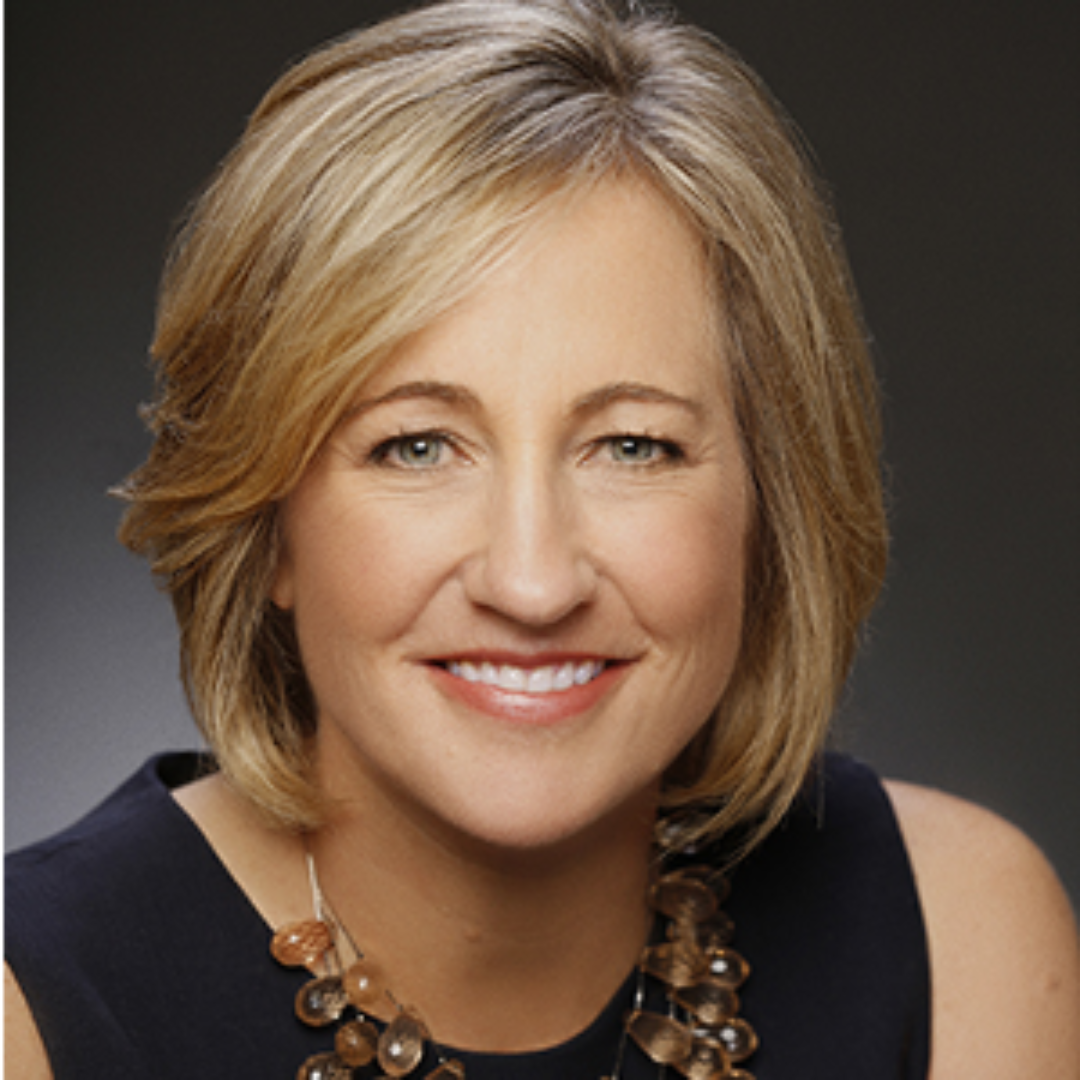
Dee Dee Myers serves as Senior Advisor to the Governor and Director of the Governor’s Office of Business and Economic Development (GO-Biz), a cabinet-level position. Myer began her political communications career after graduating with a BA from Santa Clara University and served various California representatives.
This led to working as White House Press Secretary during President Bill Clinton’s first term in 1991 and was the first woman to hold the position. Following her time in the White House under the Clinton administration, Myers went on to become a political analyst, entertainment consultant and head of communications and eventually became the head of corporate communications at Warner Brothers from 2014-2020. Prior to that, she was a Managing Director of the Glover Park Group, where she counseled corporate and non-profit clients on strategic and crisis communications, reputation management and strategic positioning.
Eraina Ortega, Director, California Department of Human Resources
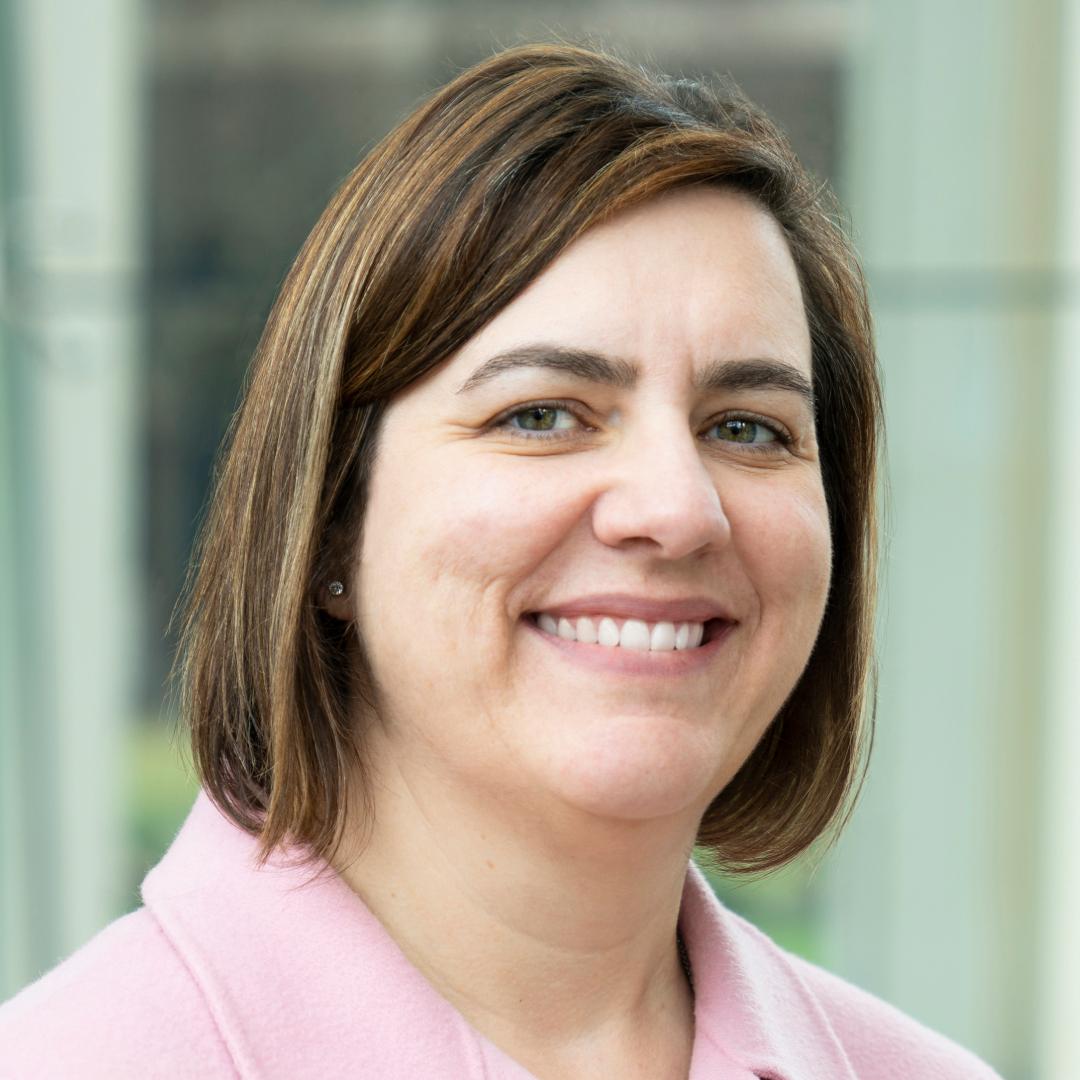
Eraina Ortega became the Director of the California Department of Human Resources (CalHR) in March 2019. Ortega represents the Governor as the employer in all matters concerning California State human resources and employer-employee relations, including collective bargaining with unions representing rank-and-file state employees and childcare providers. In this role, Eraina oversees management of recruitment and examination, state classification and pay requirements, statewide training, workforce development, and civil rights programs. Eraina has more than 22 years of experience working in the Executive, Legislative and Judicial Branches, as well as representing counties. She was instrumental in transitioning the state workforce to emergency telework during the COVID-19 stay-at-home orders and in providing guidance throughout the pandemic. She is a leader with a passion for problem solving and collaboration.
She previously served as the first Inspector General at the California Department of Transportation where she established the independent office of the Inspector General and promoted accountability and transparency in the use of taxpayer dollars. Eraina also served as Chief Deputy Director at the California Department of Finance, Manager at the Judicial Council, and Fiscal and Policy Analyst at the Legislative Analyst’s Office. Eraina earned a Bachelor of Arts degree in Political Science with a Minor in Women’s Studies at the University of California, Irvine and a Master’s Degree of Public Policy from Harvard University’s John F. Kennedy School of Government.She holds an ex-officio membership on the 13-member Board of Administration of the Public Employees’ Retirement System (CalPERS).
Zachary Pardos, Associate Professor, UC Berkeley
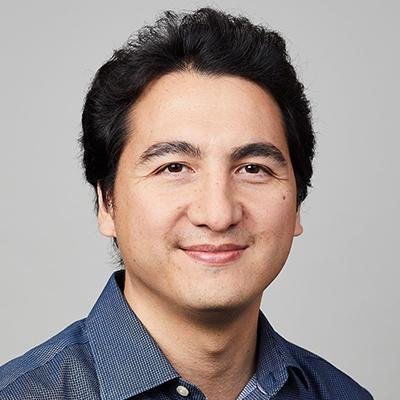
Zachary Pardos is an Associate Professor of Education at UC Berkeley studying adaptive learning and AI. His early scholarship focused on formative assessment using Knowledge Tracing, the predominant model used for estimating skill mastery in computer tutoring system contexts. His recent work designing Human-AI collaborations to pave pathways to and between systems of higher education has been published in venues such as SIGCHI, NeurIPS, The Internet and Higher Education, and Science. This work has included the development of high-quality AI-assistive tools used by tens of thousands of students, administrators, and faculty to support transfer, articulation, and STEM subject learning at community colleges and universities.
He earned his PhD in Computer Science at Worcester Polytechnic Institute. Funded by a National Science Foundation Fellowship (GK-12), he spent extensive time with K-12 educators and students working to integrate educational technology into the curriculum as a formative assessment tool. After completing his PhD in 2012, he spent one year as a Postdoctoral Associate at the Massachusetts Institute of Technology. At Cal, he directs the Computational Approaches to Human Learning research lab, teaches in the data science undergraduate program, and is an affiliated faculty in Cognitive Science.
DJ Patil, Dean’s Senior Fellow for UC Berkeley College of Computing, Data Science, and Society and former U.S. Chief Data Scientist for the White House
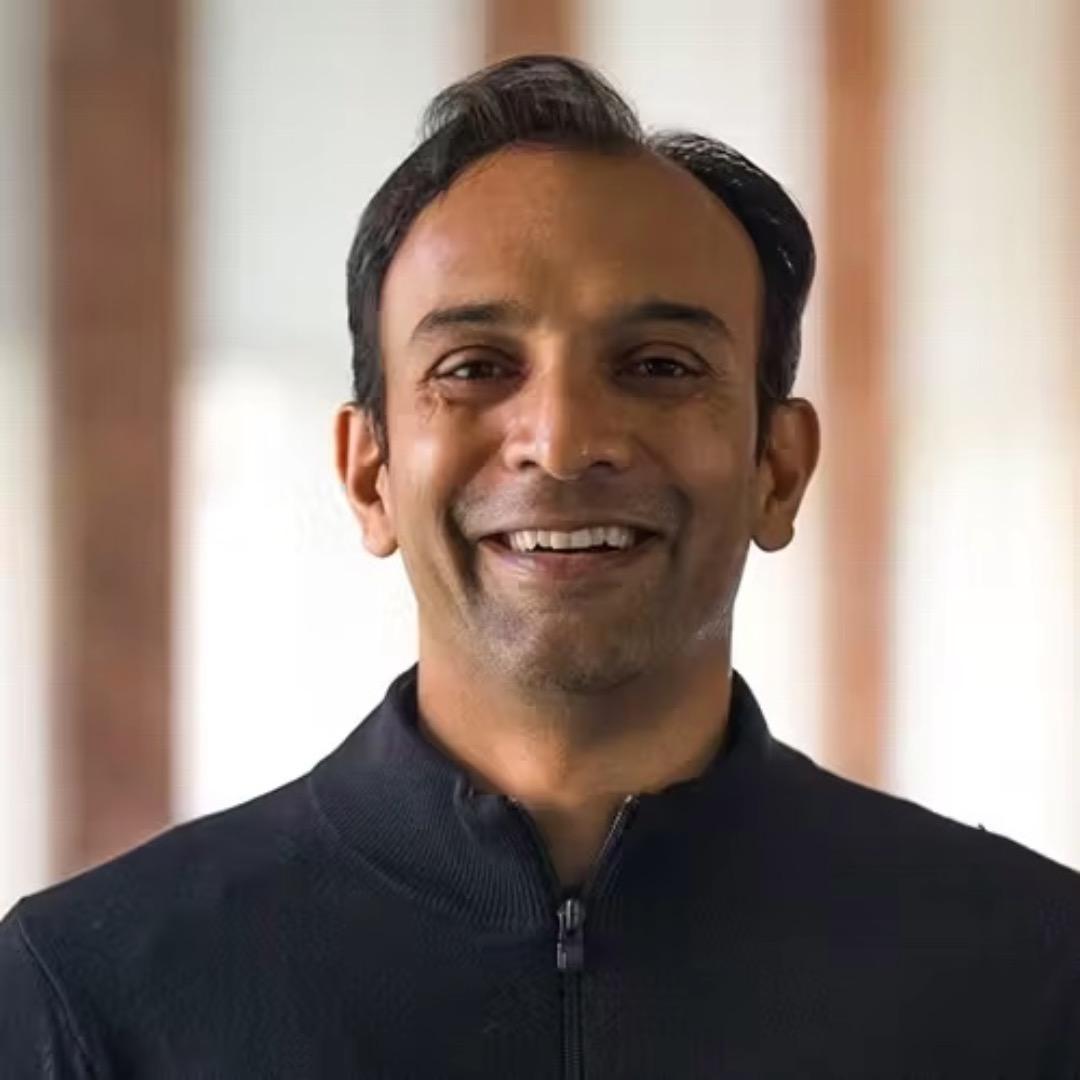
DJ Patil is an entrepreneur, investor, scientist, and leader in public policy who has held senior roles in industry, academia, and government. He was appointed by President Obama as the first Chief Data Scientist of the United States. Currently, Patil serves as a General Partner at GreatPoint Ventures where he focuses on building companies in healthcare, enterprise technologies, and national security. He is also a Board Member for Devoted Health, formerly their Head of Technology. He previously served as the Vice President of Product at RelateIQ, which was acquired by Salesforce.com, as Chief Product Officer of Color Labs, and as Head of Data Products and Chief Scientist of LinkedIn, where he co-coined the term “Data Scientist.”
Working directly with the highest ranking officials in government, DJ’s efforts led to the establishment of nearly 40 Chief Data Officer roles across a vast array of departments and programs. He helped establish new health care programs including the Precision Medicine Initiative and the Cancer Moonshot, new criminal justice reforms including the Data-Driven Justice and Police Data Initiatives, and led the policy efforts related to national data. Patil was awarded the US Department of Defense Medal for Distinguished Public Service by Secretary Carter, which is the highest honor for a civilian. As an AAAS Science & Technology Policy Fellow for the Department of Defense, Dr. Patil directed new efforts to leverage social network analysis and the melding of computational and social sciences to anticipate emerging threats to the US.
Ann Patterson, Cabinet Secretary, Office of Governor Gavin Newsom
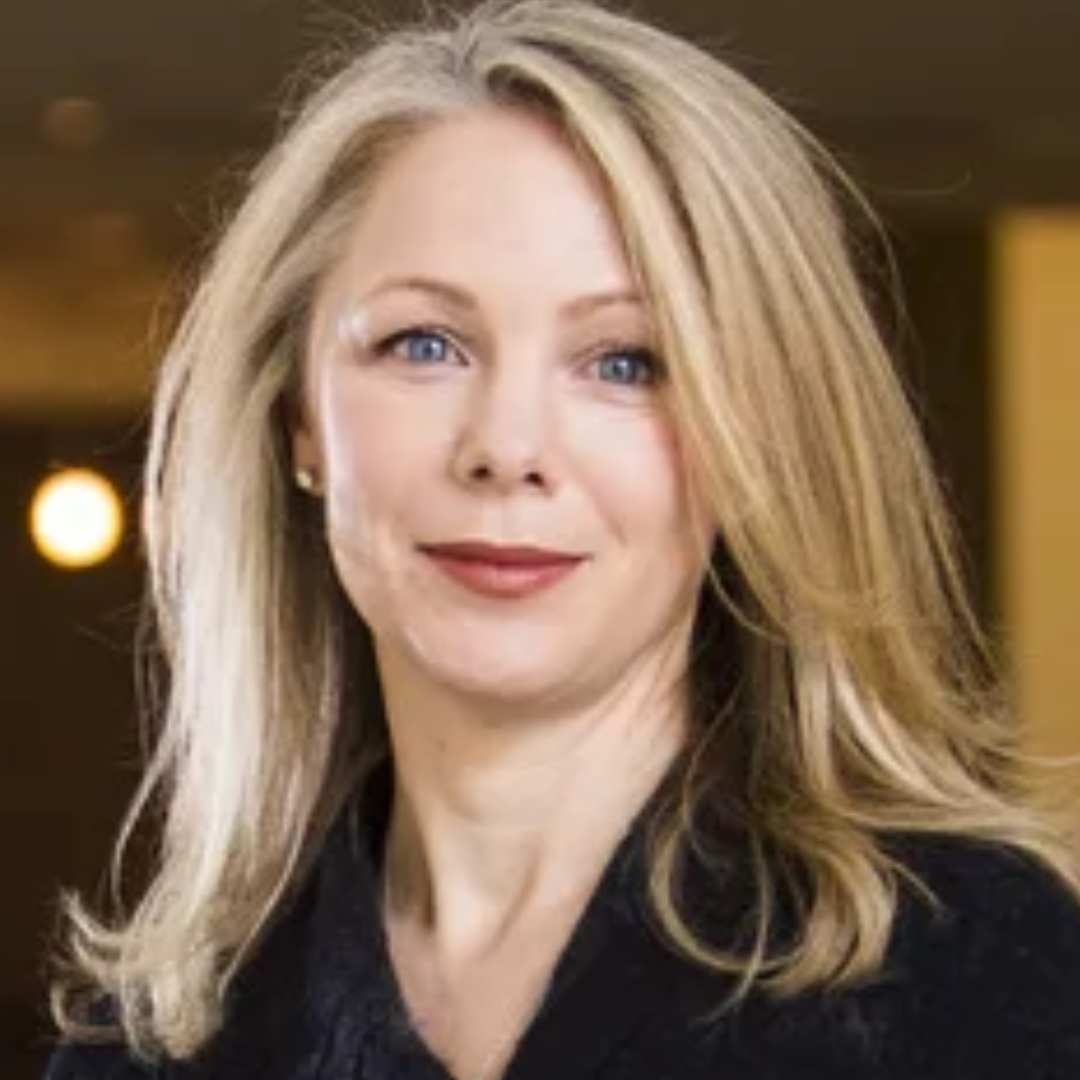
Ann Patterson is the Cabinet Secretary in the Office of Governor Gavin Newsom, one of the Governor’s top advisors. Patterson was a Partner at Orrick, Herrington, and Sutcliffe from 2005 to 2018. She spent 14 years at Orrick, specializing in seeking state legislative solutions around the country on behalf of clients such as Zenefits, Major League Baseball and the NBA. In her past role, she advised clients on a wide range of sectors, including telecommunication, technology, pharmaceutical, insurance, and financial services.
She previously served as Special Assistant for Policy and Planning for California Attorney General Bill Lockyer and as Policy and Legislative Director for Lieutenant Governor Gray Davis. She also served as a Law Clerk for the Honorable Frank C. Damrell (ret.) on the U.S. District Court for the Eastern District of California. She earned a Juris Doctor degree from the University of the Pacific, McGeorge School of Law.
Fernando Pérez, Faculty at UC Berkeley and Co-Founder of 2i2c.org and Project Jupyter
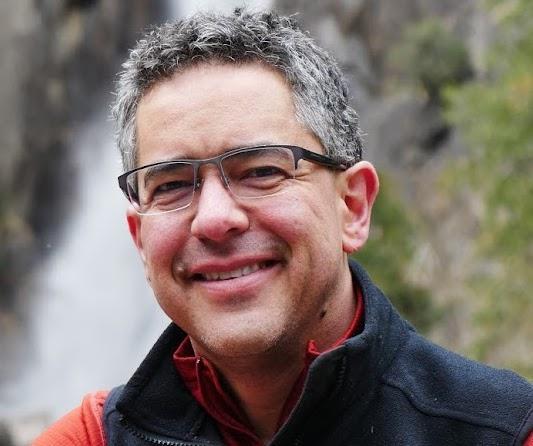
Fernando Pérez is an Associate Professor of Statistics at UC Berkeley, a faculty scientist at Lawrence Berkeley National Laboratory, and the current Faculty Director of the Berkeley Institute for Data Science at UC Berkeley (BIDS). His research focuses on the intersection of interactive computing, open science, and AI-based tools for science, with a particular focus on questions related to the earth's cryosphere, climate change and environmental sustainability. He also co-leads efforts to bring open source and AI into healthcare, in partnership with clinical and biomedical researchers. He created IPython while a graduate student in 2001 and co-founded its successor, Project Jupyter. At Berkeley, he also co-leads the Eric and Wendy Schmidt Center for Data Science & Environment (DSE), the Agile Metabolic Health Initiative, and computing at the Bakar Institute for Digital Materials for the Planet (BIDMaP).
Fernando regularly lectures about scientific computing, data science and open science. He co-founded the International Interactive Computing Collaboration (2i2c) to provide open infrastructure for modern science and education, and is also a member of the Python Software Foundation, a founding member of NumFOCUS, and a National Academy of Science Kavli Frontiers of Science Fellow. He is the recipient of the 2024 Exceptional Public Service Medal from NASA, the 2024 "Champions of Open Science" recognition from the White House Office of Science and Technology Policy, the 2017 ACM Software Systems Award and the 2012 Award for the Advancement of Free Software from the Free Software Foundation. Fernando holds a PhD in particle physics from the University of Colorado at Boulder, which he followed with postdoctoral research in applied mathematics.
Allison Scott, CEO, Kapor Foundation
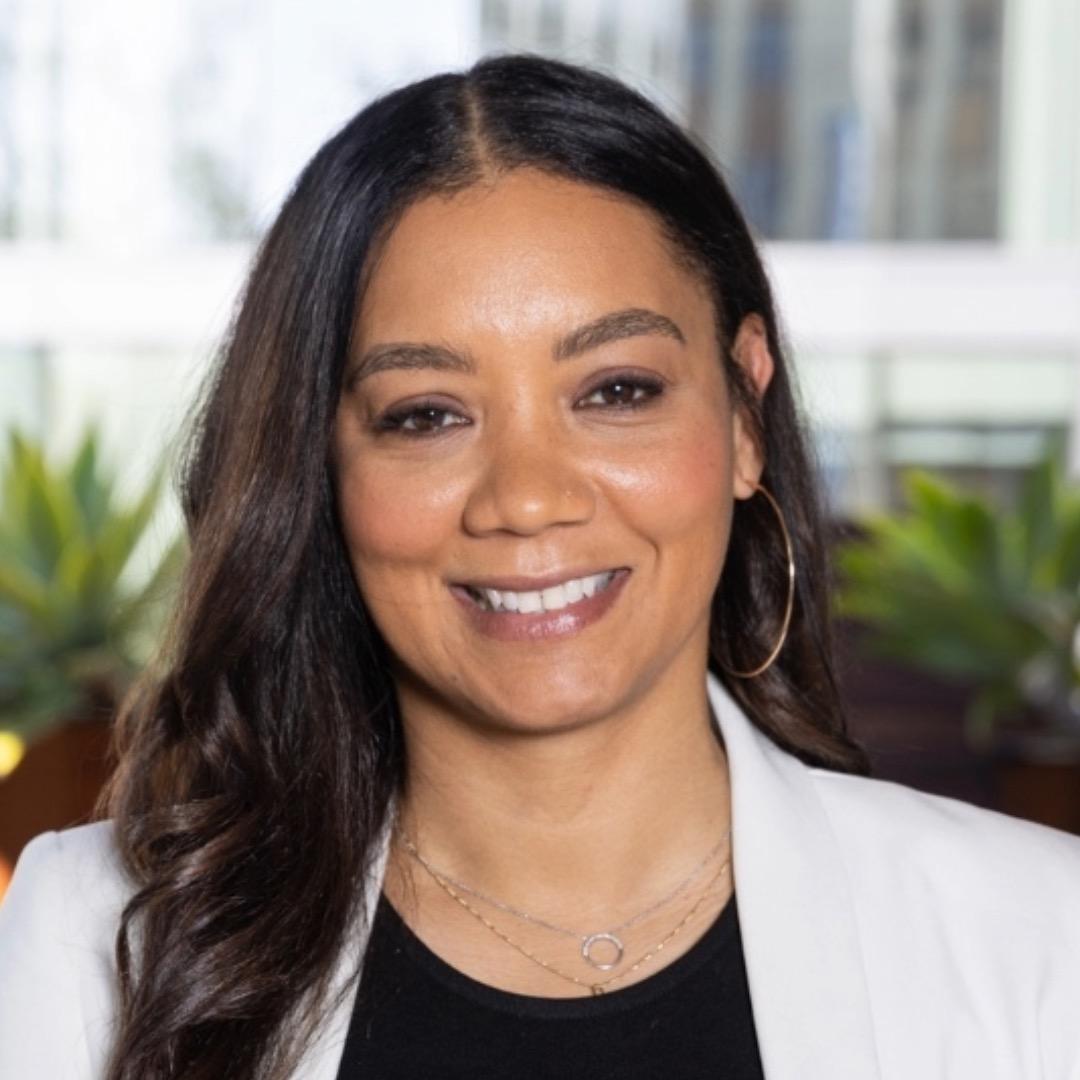
Allison Scott, PhD is the CEO of the Kapor Foundation, an organization with a mission to increase racial diversity in tech and entrepreneurship She was previously the Chief Research Officer, where she led a research team aiming to enhance diversity in the tech ecosystem. Dr. Scott holds a Ph.D. in Education, with a specialization in School Psychology, from the University of California, Berkeley and a Bachelor’s degree in Psychology from Hampton University.
Prior to the Kapor Center, Dr. Scott was the Program Leader for the NIH’s Enhancing the Diversity of the NIH-funded Workforce Program, a set of three experimental initiatives implementing and examining the effectiveness of training, mentoring, and institutional development interventions to enhance diversity in biomedical research. She was previously the Director of Research and Evaluation at the Level Playing Field Institute (LPFI). There, she oversaw research examining barriers to the pursuit and completion of degrees and employment in STEM fields among underrepresented populations. Her research examined the influence of perceived barriers and stereotypes in the sciences, the double-bind facing women of color, and the effectiveness of research-based interventions in improving STEM outcomes for underrepresented groups.
Louis Stewart, Head of Strategic Initiatives for NVIDIA and Board Member of the California Council on Science & Technology
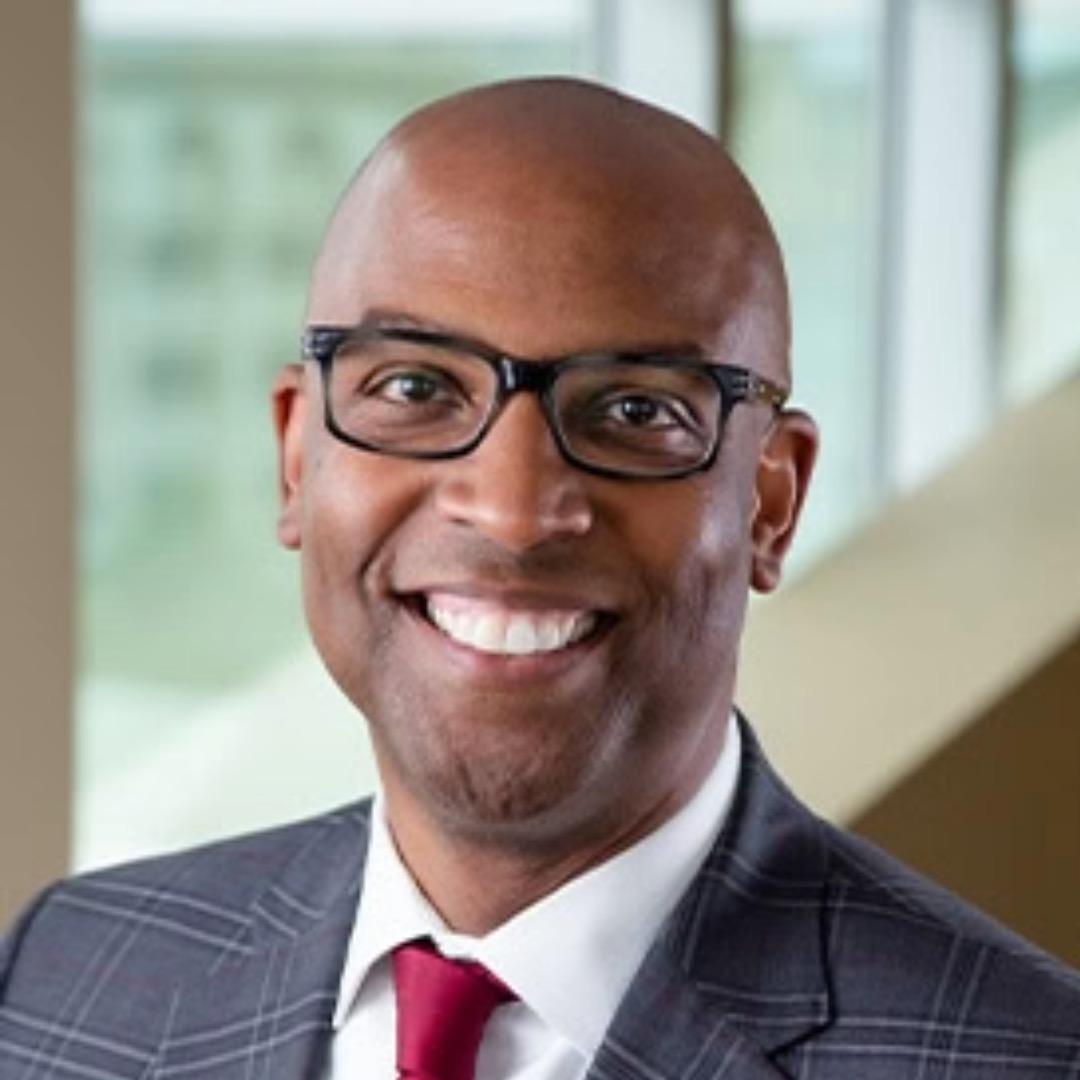
Louis Stewart is currently the Head of Strategic Initiatives for NVIDIA’s global Developer Ecosystem. In his role, he is responsible for working with minority serving institutions, government entities, industry partners and a variety of affinity groups to build relationships that enable an increase in tech preparedness, grow the overall developer base, and foster a more inclusive AI community. Mr. Stewart has served in various public sector roles, beginning with serving the California Department of Motor Vehicles in 2007. From 2010-2017, Stewart spent 7 years serving as California’s Deputy Director of Innovation and Entrepreneurship in the Governor’s Office of Business and Economic Development. In that capacity he oversaw the coordination and promotion of innovative programs, activities, and emerging technologies throughout the State. He served as the City of Sacramento’s first Chief Innovation Officer from 2017-2018, this role within the City was to promote and drive long-term economic growth and job creation through innovation.
His professional experience also includes 19+ years in the private sector in program management, sales, marketing, business diversity and information technology. Mr. Stewart is a service-based leader who embodies the belief that he cannot be a success without helping others be successful. He grew up in France and Italy and played professional basketball in Peru and Belgium. Mr. Stewart is a Nehemiah Sr. Fellow for Innovation & Entrepreneurship and received his Bachelor of Arts degree from Santa Clara University.
Amy Tong, Secretary, California Government Operations Agency
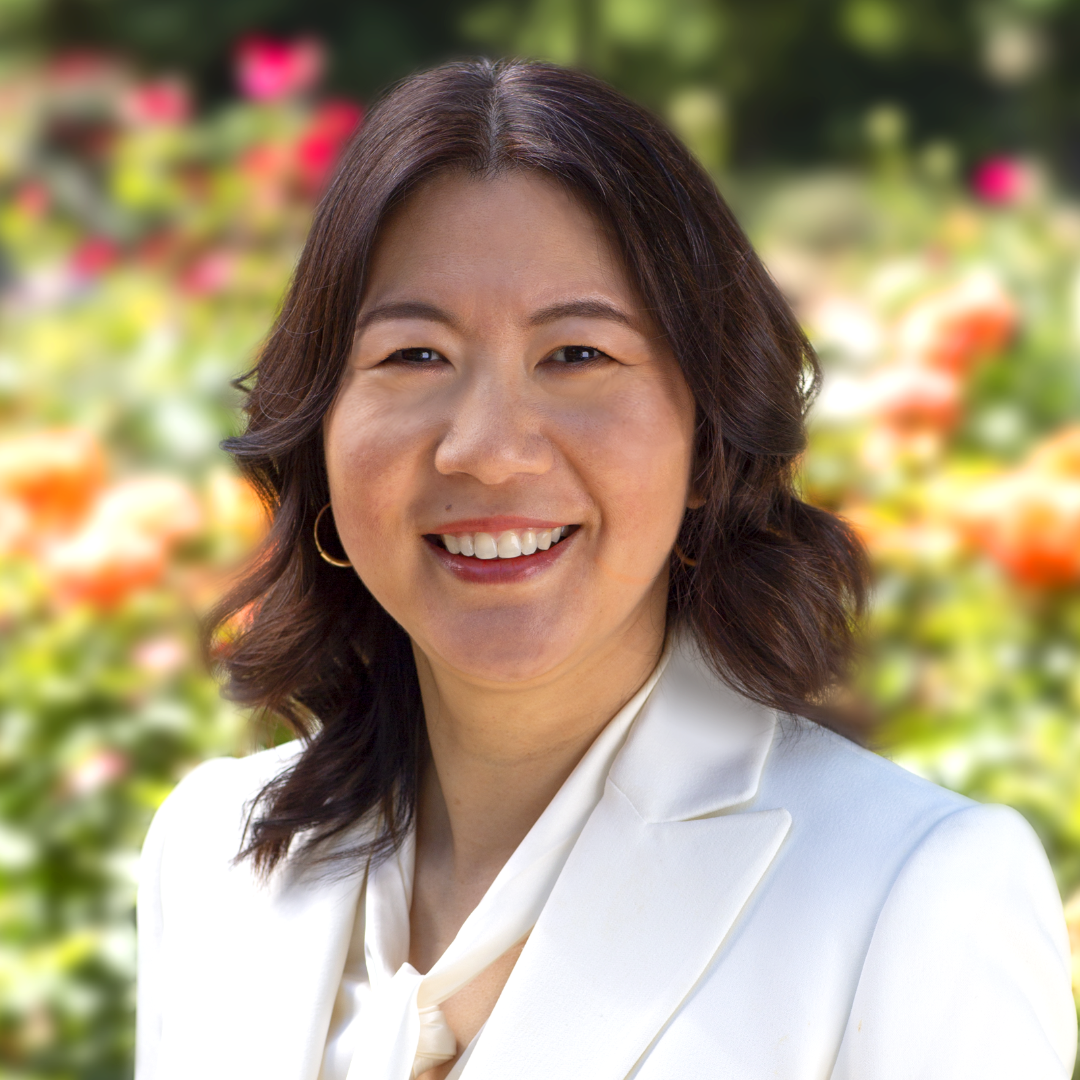
Amy Tong was appointed Secretary of Government Operations for the State of California by Governor Gavin Newsom in March 2022. Her previous role was as the State’s Chief Information Officer and Director of the California Department of Technology. She started her career in service with the State of California as an entry-level programmer at the State Water Resources Control Board. From there, she rose to positions of greater responsibility in six state agencies, ultimately being appointed to administration leadership roles. During the COVID-19 pandemic, she led critical technology projects to provide information and data, including systems for monitoring hospital capacity, public health reporting, remote learning, telework, vaccination, and wildfire response. She guided efforts to build more than 40 new technology tools and make critical repairs to legacy systems.
In her current role, she is focused on transforming state government through innovation. She championed user-centered design, she has led efforts to modernize the state’s project delivery, technology procurement, cloud smart adoption, open data, workforce development pipeline, and cybersecurity measures. In addition to her leadership roles in state government, she volunteers as a member of the California Northstate University board of trustees, the NAACP, the Asian Pacific State Employee Association, and as national senior advisor for the Asian Pacific Islander American Public Affairs Association. She holds a BS in management information systems and an MBA from California State University, Sacramento.
Matei Zaharia, Faculty at UC Berkeley and Co-Founder and Chief Technology Officer of Databricks
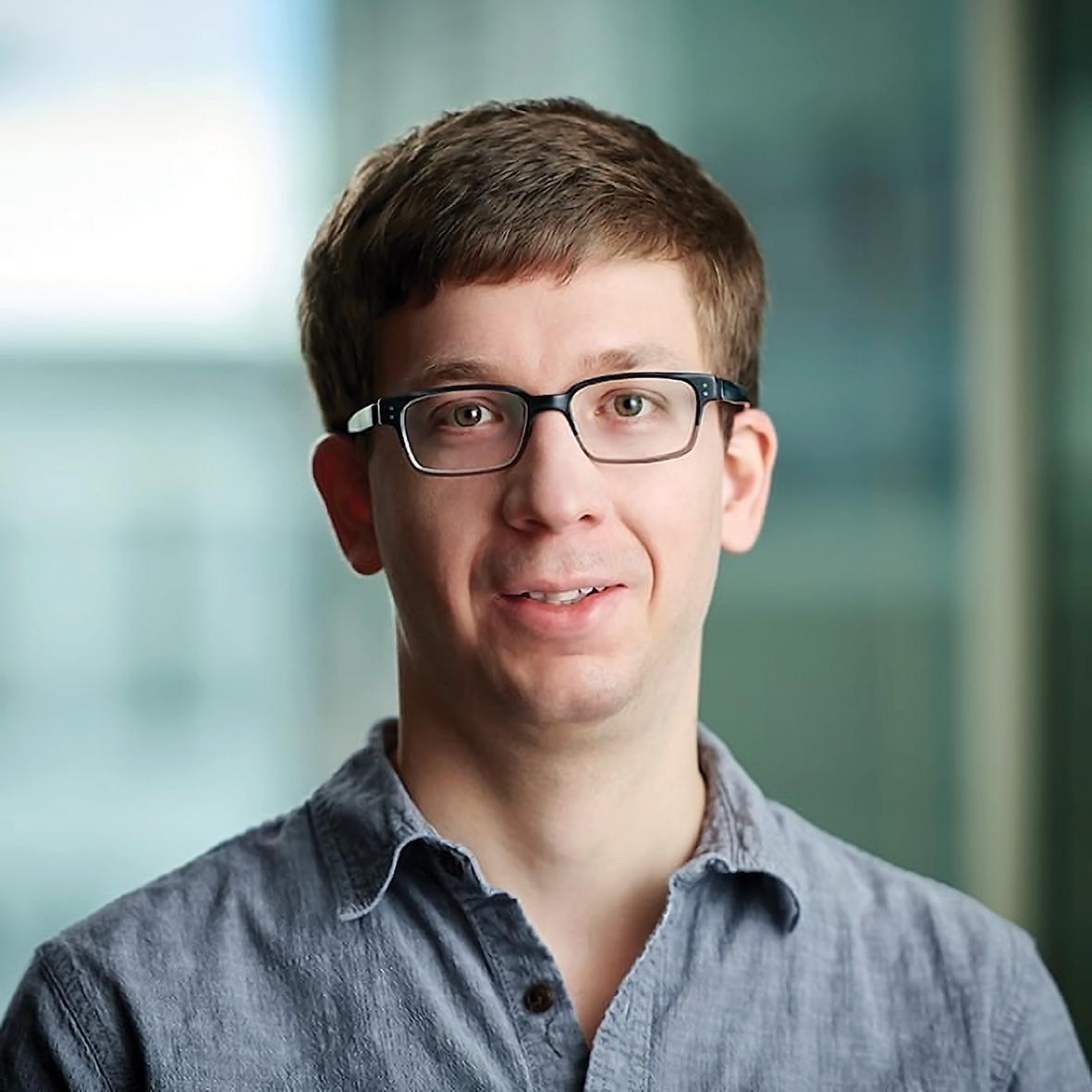
Matei Zaharia is the co-founder and Chief Technology Officer of Databricks and an associate professor at UC Berkeley. His interest lies in computer systems for large-scale workloads such as AI, data analytics and cloud computing. His most recent projects include programming models for large language model applications, efficient runtimes for machine learning and analytics, quality assurance tools and AI-based data analytics systems.
During his PhD at UC Berkeley, he started the Apache Spark project, which became one of the most widely used frameworks for distributed data processing, and co-started other datacenter software such as Apache Mesos and Spark Streaming. In 2016 at Stanford, alongside other researchers, he developed DAWNBench, a machine learning performance competition that drew submissions from the top industry groups and influenced the industry-standard MLPerf.

